Advertisement
Enhance Your Iron Levels with These Essential Foods
Advertisement
Iron is crucial for producing hemoglobin and supporting energy metabolism, yet many fail to meet their daily needs of 8mg for men and 8-18mg for women, with vegetarians requiring more. Enhancing your diet with iron-rich foods can boost health, energy, and immunity. To improve absorption, pair these foods with vitamin C and avoid inhibitors like caffeine and dairy. A varied diet incorporating these foods ensures you meet your iron requirements, preventing deficiency.
Spinach
Spinach is a powerhouse of nutrients, offering a significant amount of plant-based iron, with one cup of cooked spinach providing approximately 6.4mg. This leafy green is not only an excellent source of iron but also rich in vitamins A, C, and K, magnesium, and folate, making it a superfood for boosting energy and supporting overall health.
The presence of vitamin C in spinach aids in the absorption of iron, ensuring that your body gets the maximum benefit. For an iron-rich diet, incorporating spinach into meals through salads, smoothies, or as a cooked side dish can be highly effective. To enhance iron absorption, combine spinach with vitamin C-rich foods like tomatoes or citrus fruits.
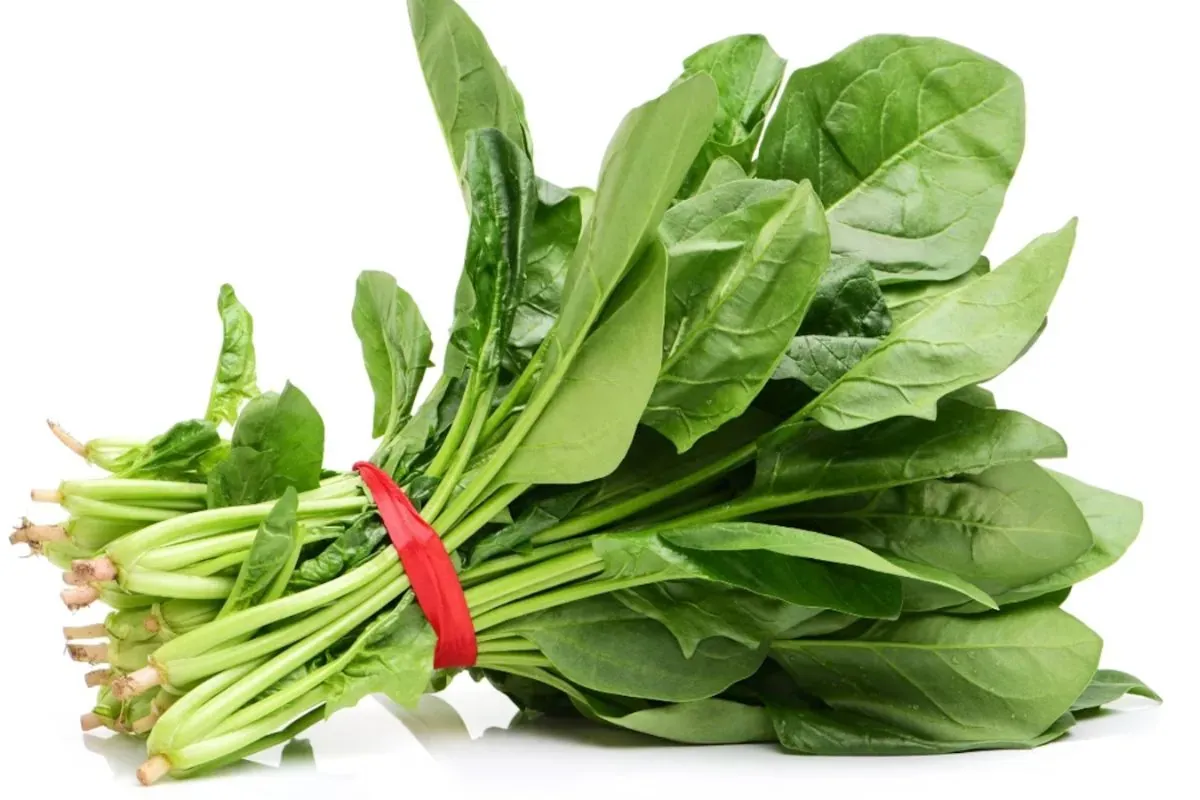
Advertisement
Lentils
Lentils are a versatile and nutritious addition to any diet, offering nearly 6.6mg of iron per cooked cup. They stand out as a stellar source of protein and fiber, contributing to heart health by lowering cholesterol levels and improving digestive health. Lentils also pack a punch with minerals such as potassium, folate, and manganese. For those looking to boost their iron intake, lentils are an excellent choice, especially for vegetarians and vegans.
Soaking lentils overnight can reduce phytic acid, a natural substance that can inhibit iron absorption. Incorporate lentils into your diet through soups, salads, or as a meat substitute in tacos and burgers for a nutritious, iron-rich meal.
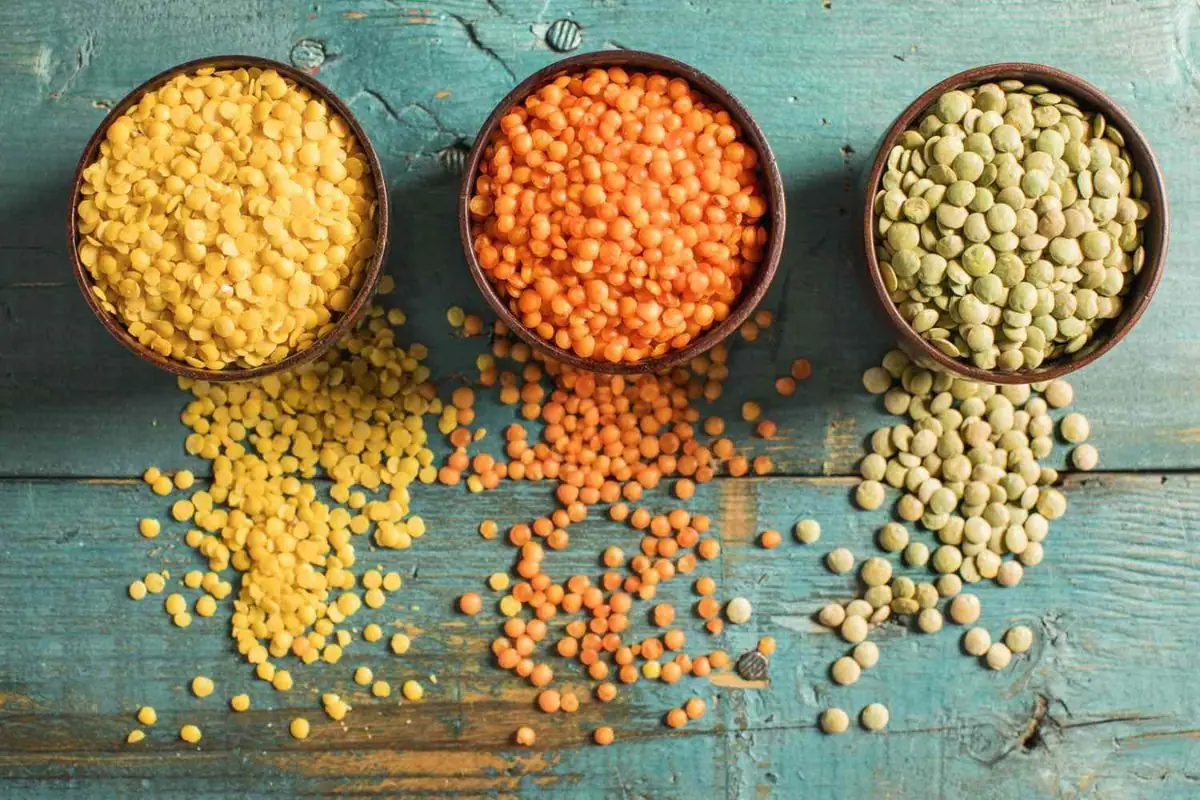
Advertisement
Beef
Beef is a major source of heme iron, which is more easily absorbed by the body compared to plant-based iron sources. A 3-ounce serving of cooked beef provides about 2.7mg of iron, along with high-quality protein, vitamin B12, zinc, and selenium. Including lean beef in your diet can contribute to muscle growth, repair, and overall health.
It's particularly beneficial for those who need a significant iron boost, such as athletes or individuals with iron deficiency. When selecting beef, opting for lean cuts can help reduce intake of saturated fats. Beef can be prepared in various ways, such as grilling, roasting, or stir-frying, and pairs well with vegetables that enhance iron absorption.
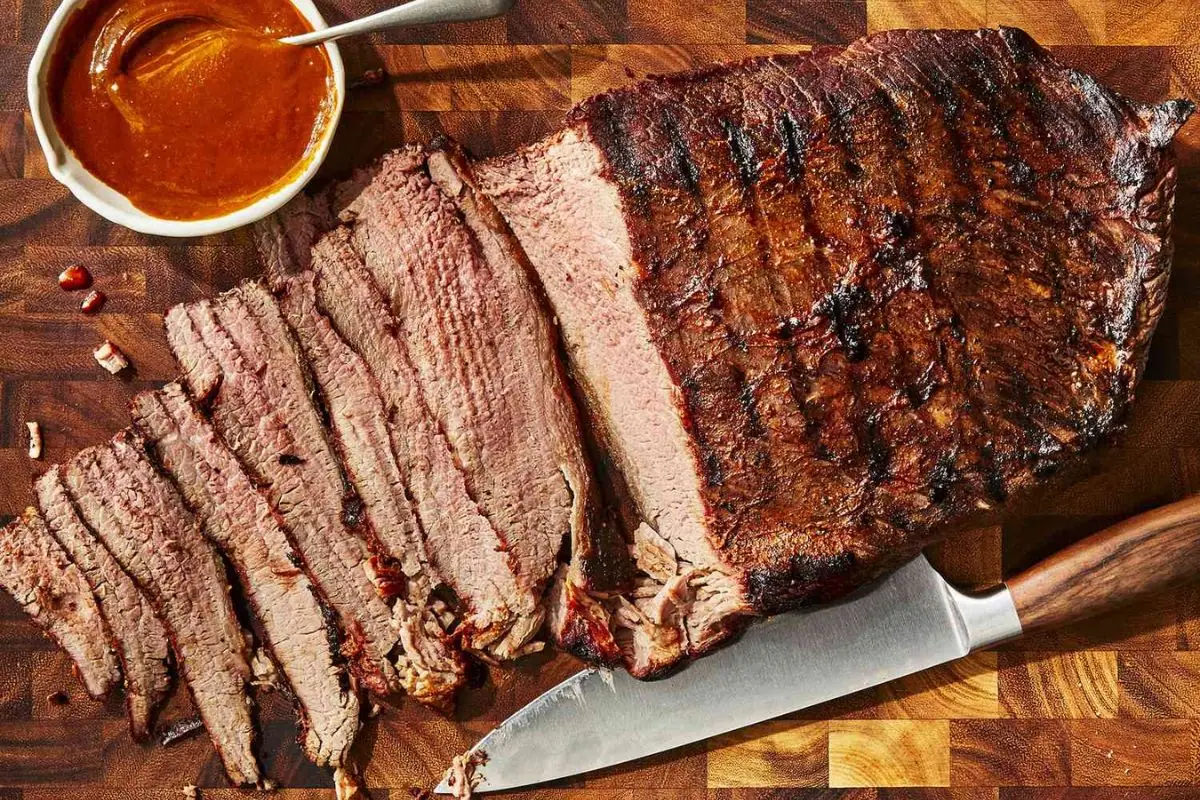
Advertisement
Chicken Liver
Chicken liver is one of the richest sources of iron, offering an impressive 11mg per 3.5-ounce serving. It's also loaded with vitamins A and B12, making it an excellent choice for supporting vision, skin health, and the nervous system. Chicken liver can be a key component of an iron-rich diet, particularly for those looking to increase their iron levels quickly.
Its high nutrient density supports energy levels and cognitive function. Cooking chicken liver with onions and herbs not only makes a delicious meal but also adds additional nutrients beneficial for health. However, due to its high vitamin A content, consumption should be moderated.
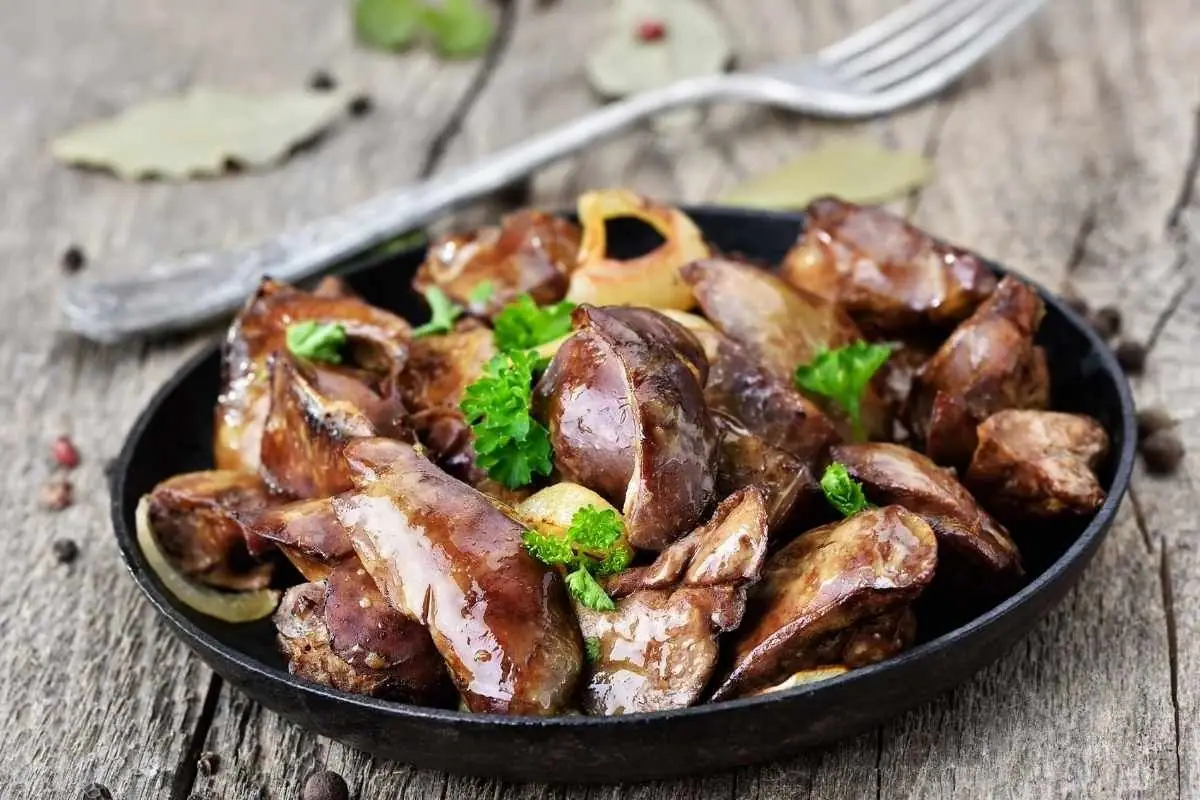
Advertisement
Fortified Cereals
Fortified cereals are an easy and convenient way to increase your iron intake, with some brands offering up to 18mg of iron per serving. These cereals are often enriched with other vital nutrients, including vitamins, calcium, and fiber, making them a nutritious choice for breakfast. Choosing the right fortified cereal requires reading nutritional labels to ensure it meets your dietary needs without excessive sugars.
Pairing fortified cereals with vitamin C-rich fruits or juices can enhance iron absorption, making your breakfast not only delicious but also a powerful start to the day. For those with dietary restrictions, there are gluten-free and whole grain options available that are also fortified with iron.
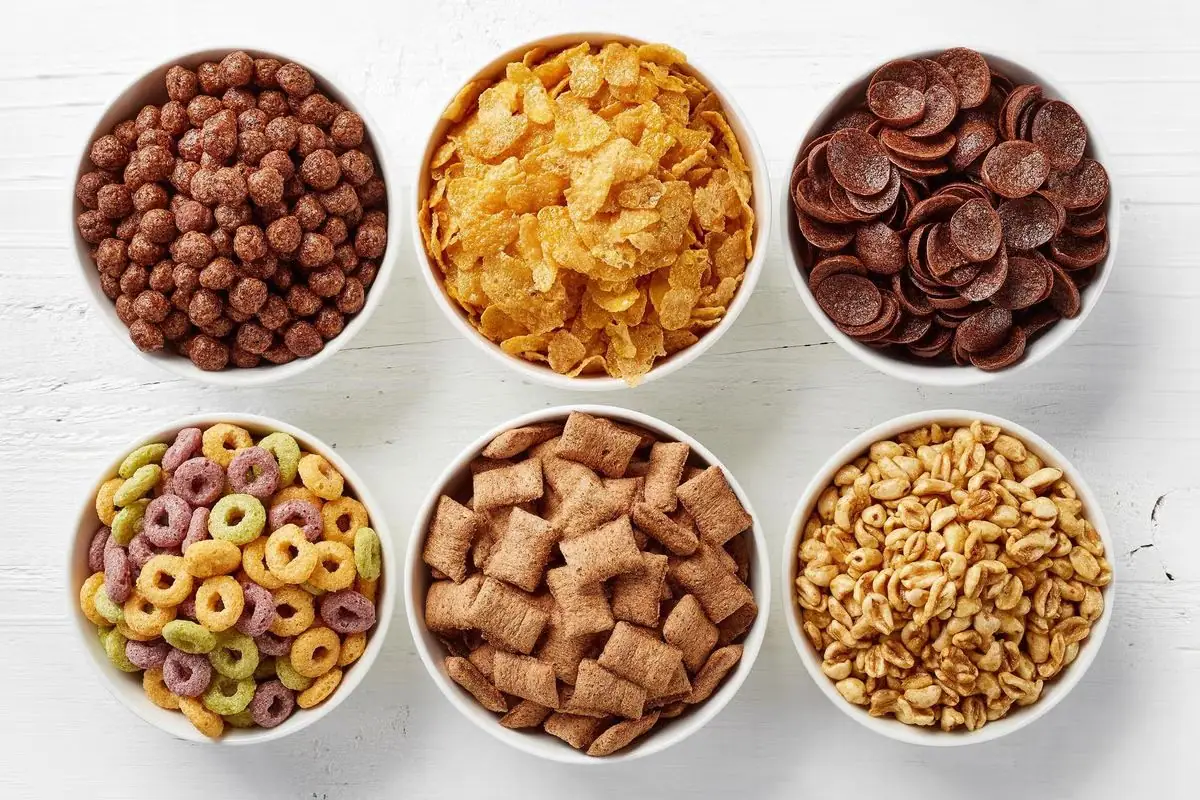
Advertisement
Oysters
Oysters are a fantastic source of iron, providing about 5mg per six medium-sized oysters. Beyond iron, they are packed with essential nutrients like zinc, vitamin B12, and omega-3 fatty acids, which contribute to heart health, brain function, and overall well-being. Oysters can be enjoyed in various ways, including raw, grilled, or baked, making them a versatile addition to meals.
For those concerned about dietary iron, incorporating oysters into your diet can be an effective way to boost your intake. However, it's important to source them from reputable suppliers to avoid contaminants. Pairing oysters with a squeeze of lemon not only adds flavor but also vitamin C, which can enhance iron absorption.
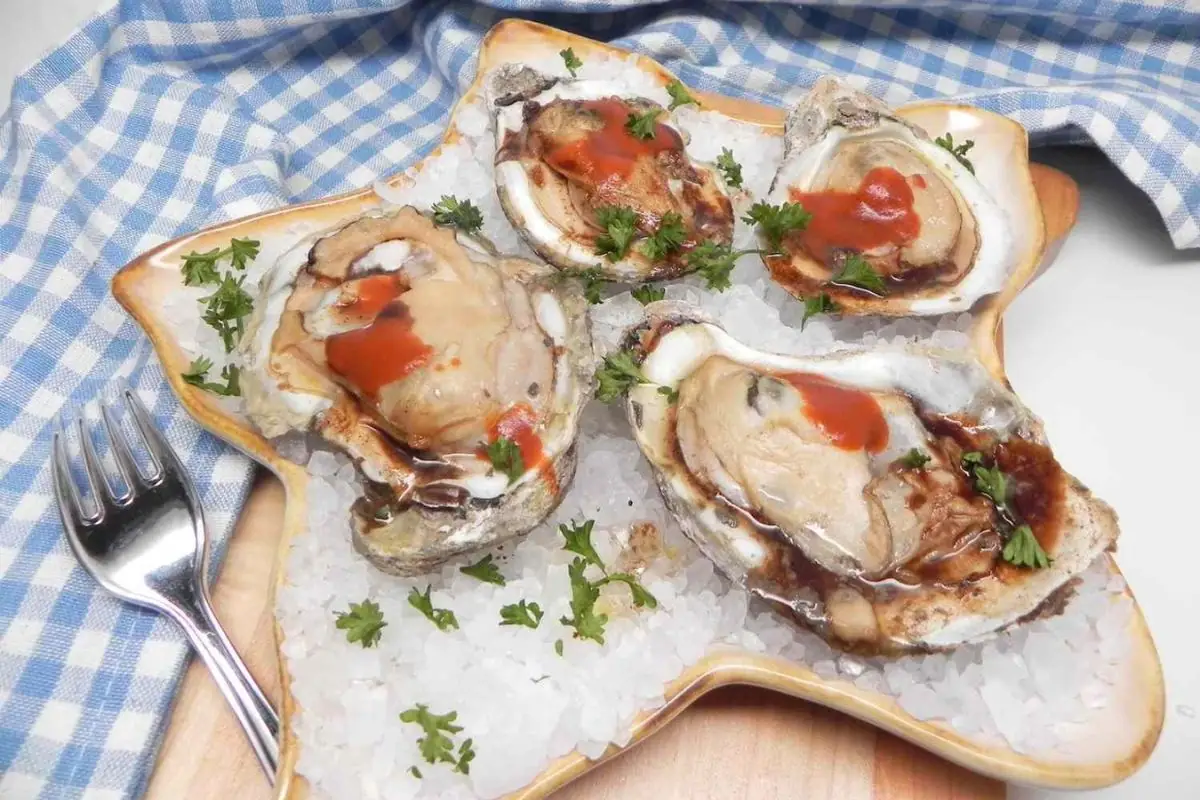
Advertisement
White Beans
White beans, such as cannellini beans, are a rich source of iron, with one cup of canned beans providing around 8mg. They are also high in protein, fiber, and other key nutrients like potassium and magnesium, which support heart health and muscle function. White beans are incredibly versatile and can be added to a variety of dishes, including soups, stews, and salads.
To maximize iron absorption from white beans, it's beneficial to combine them with foods high in vitamin C, such as tomatoes or bell peppers. Additionally, rinsing canned white beans can help reduce their sodium content, making them a healthier choice.
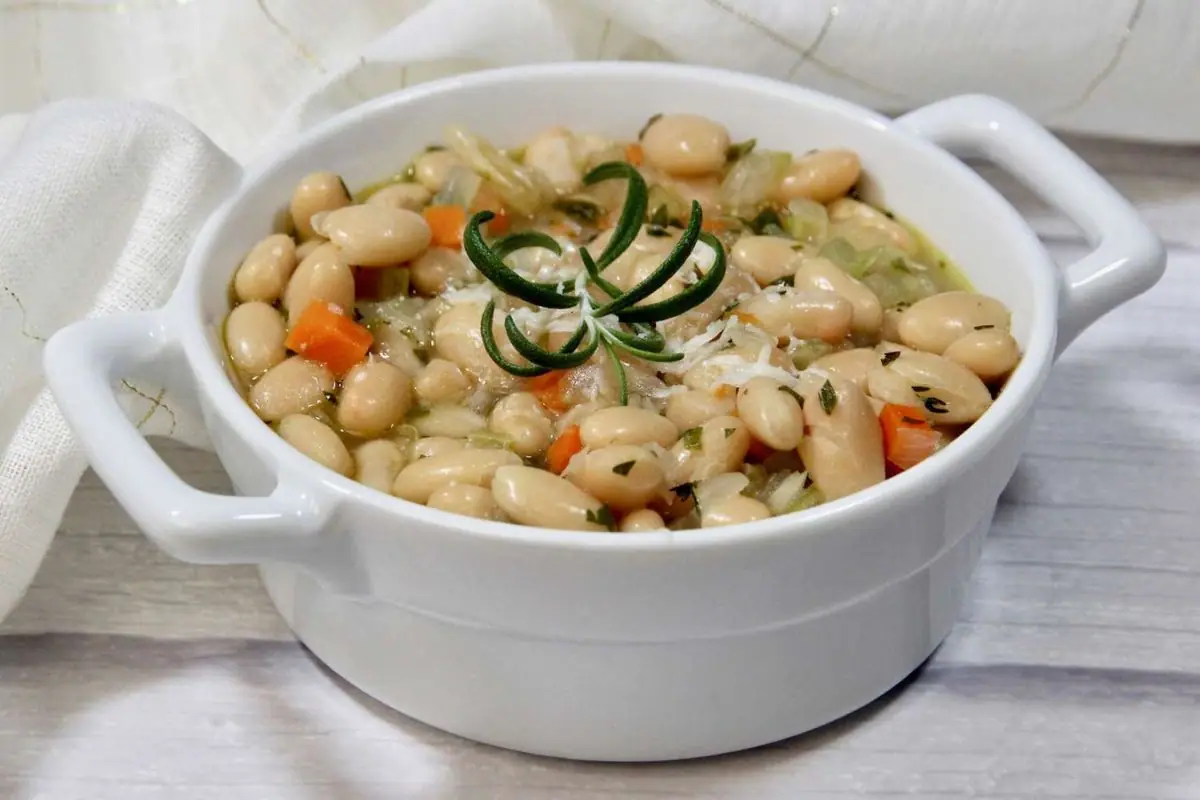
Advertisement
Dark Chocolate
Dark chocolate is not only a delicious treat but also a good source of iron, with one ounce providing up to 3.3mg. It's also rich in antioxidants, particularly flavonoids, which have been linked to heart health and reduced inflammation. Choosing dark chocolate with a high cocoa content (at least 70%) ensures you get more iron and antioxidants with less sugar.
Enjoying a small portion of dark chocolate as part of a balanced diet can satisfy sweet cravings while contributing to your daily iron intake. Pairing dark chocolate with nuts or fruits can also add additional nutrients and enhance the overall nutritional profile of your snack.
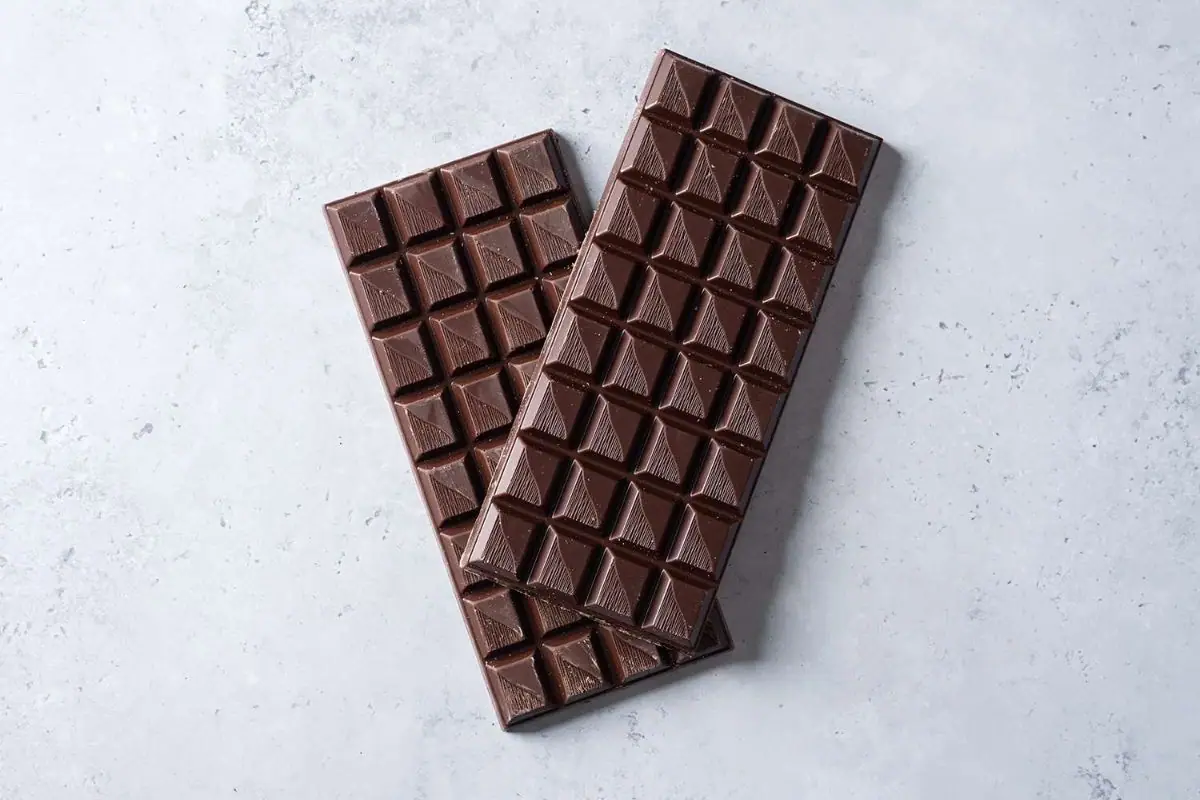
Advertisement
Tofu
Tofu, a staple in vegetarian and vegan diets, offers about 3.4mg of iron per half-cup serving. It's a versatile protein source that also provides calcium and magnesium, making it an excellent choice for bone health. Tofu absorbs flavors well, making it easy to incorporate into a variety of dishes, from stir-fries to smoothies. To boost iron absorption from tofu, include ingredients high in vitamin C in your dishes, such as peppers, broccoli, or citrus fruits. Tofu's mild flavor and texture make it a great meat alternative in many recipes, offering a plant-based way to increase your iron intake.
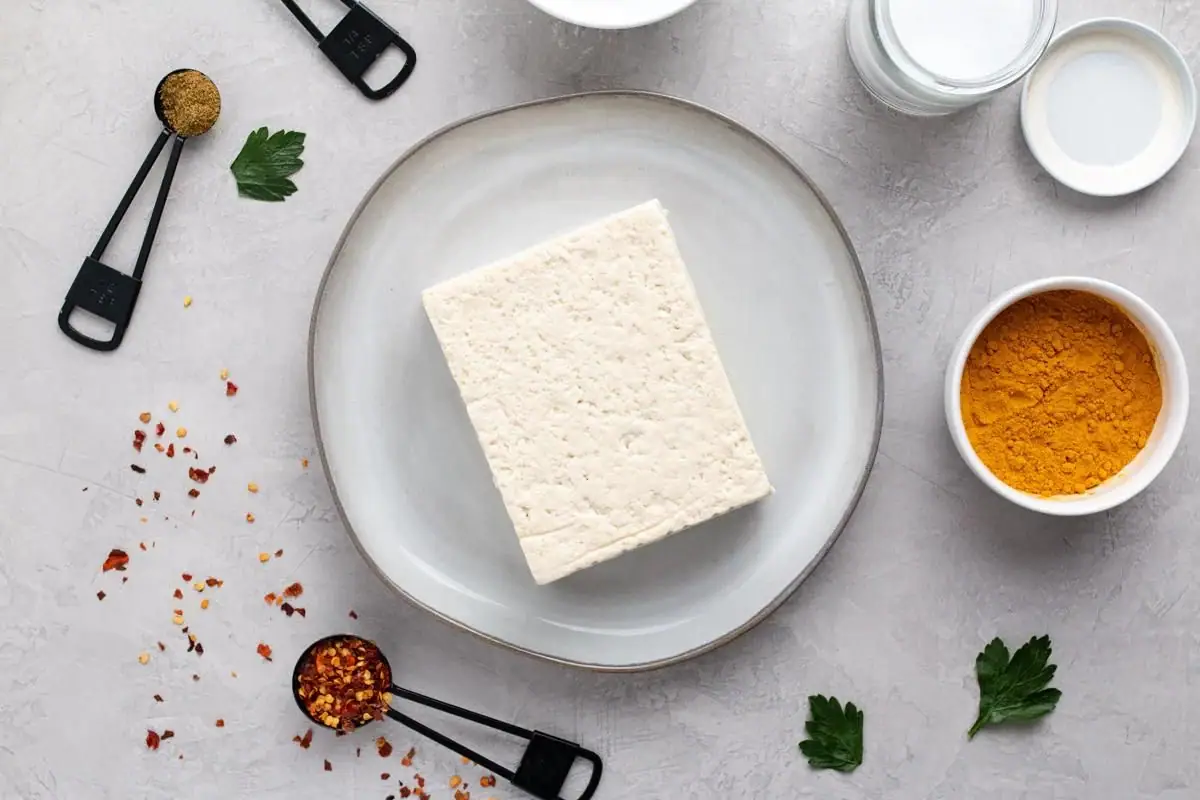
Advertisement
Quinoa
Quinoa is a nutrient-dense grain that provides about 2.8mg of iron per cooked cup. It's unique among grains because it's a complete protein, containing all nine essential amino acids. Quinoa is also high in fiber, magnesium, and manganese, supporting digestive health and energy production. Its versatility makes it easy to incorporate into meals, serving as a base for salads, a side dish, or a breakfast cereal alternative.
To enhance the iron absorption from quinoa, pair it with foods rich in vitamin C, such as strawberries or spinach. Quinoa's nutty flavor and fluffy texture can add depth and nutrition to a wide range of dishes.
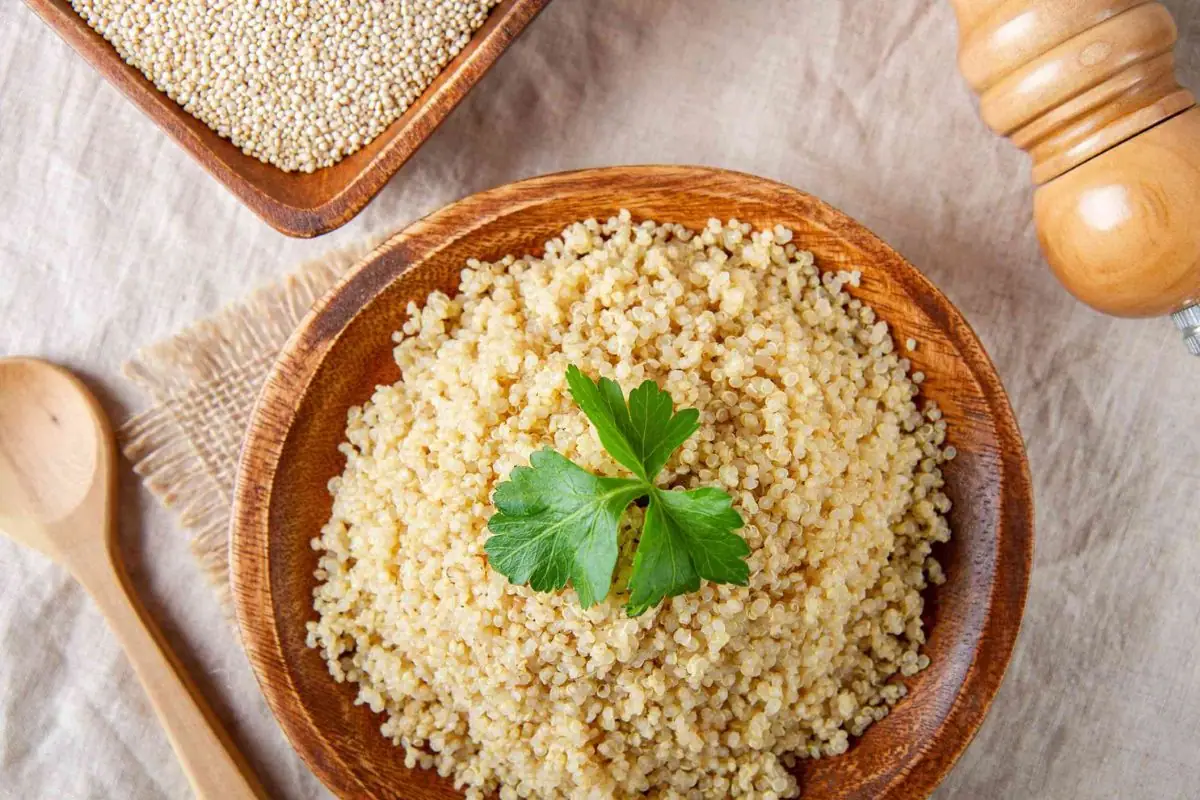
Advertisement
Pumpkin Seeds
Pumpkin seeds, or pepitas, are a crunchy, nutritious snack offering 4.2mg of iron per ounce. They're also a good source of magnesium, zinc, and healthy fats, which contribute to heart health and immune function. Pumpkin seeds can be enjoyed raw, roasted, or added to salads, yogurt, and baked goods for a nutritional boost.
Their high iron content makes them an excellent choice for individuals looking to increase their iron intake through snacks. To enhance the nutritional benefits, combine pumpkin seeds with fruits high in vitamin C, such as oranges or kiwis, which can help improve iron absorption.
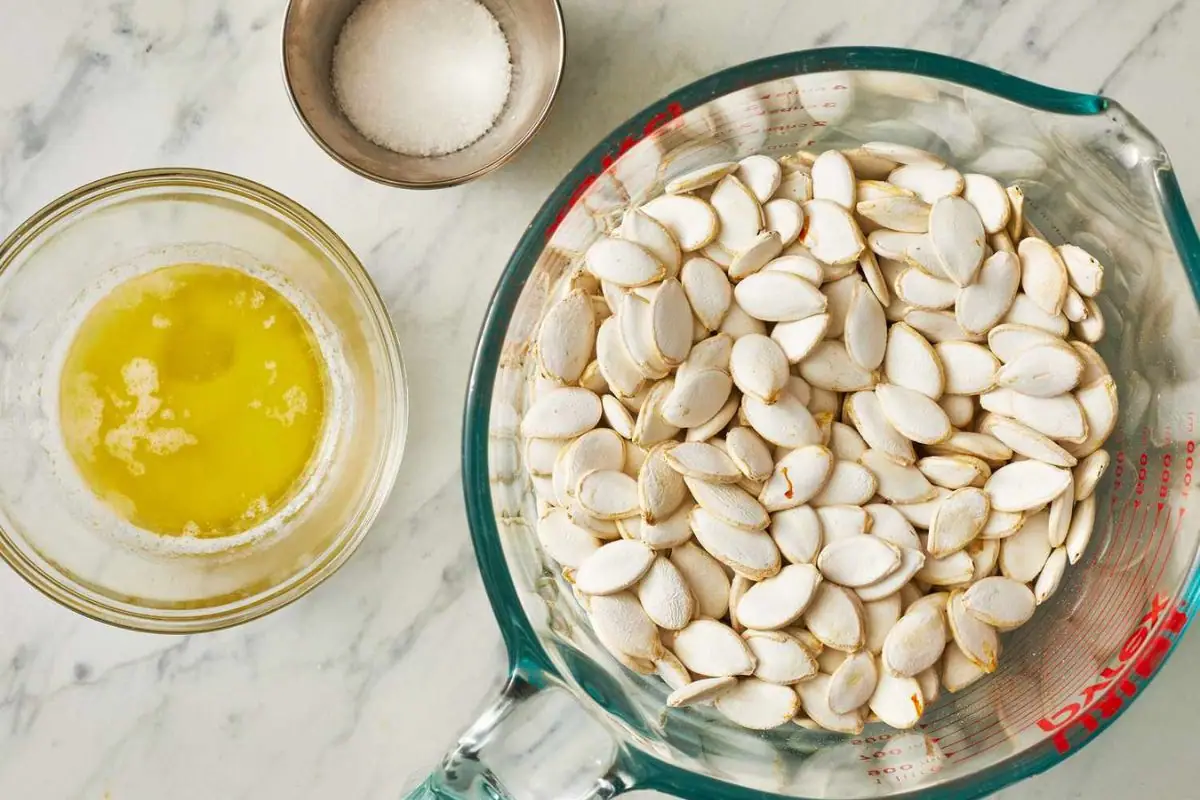
Advertisement
Turkey
Turkey, particularly the dark meat, is a good source of iron, providing about 2mg per 3.5 ounces. It's also rich in protein and contains less fat than red meat, making it a healthier option for those monitoring their dietary fat intake. Turkey is versatile and can be cooked in various ways, including roasting, grilling, and baking. Incorporating turkey into your diet can help meet your iron needs while also providing essential nutrients like B vitamins, which are important for energy metabolism. Pairing turkey with a side of vitamin C-rich vegetables, such as Brussels sprouts or bell peppers, can further enhance iron absorption.
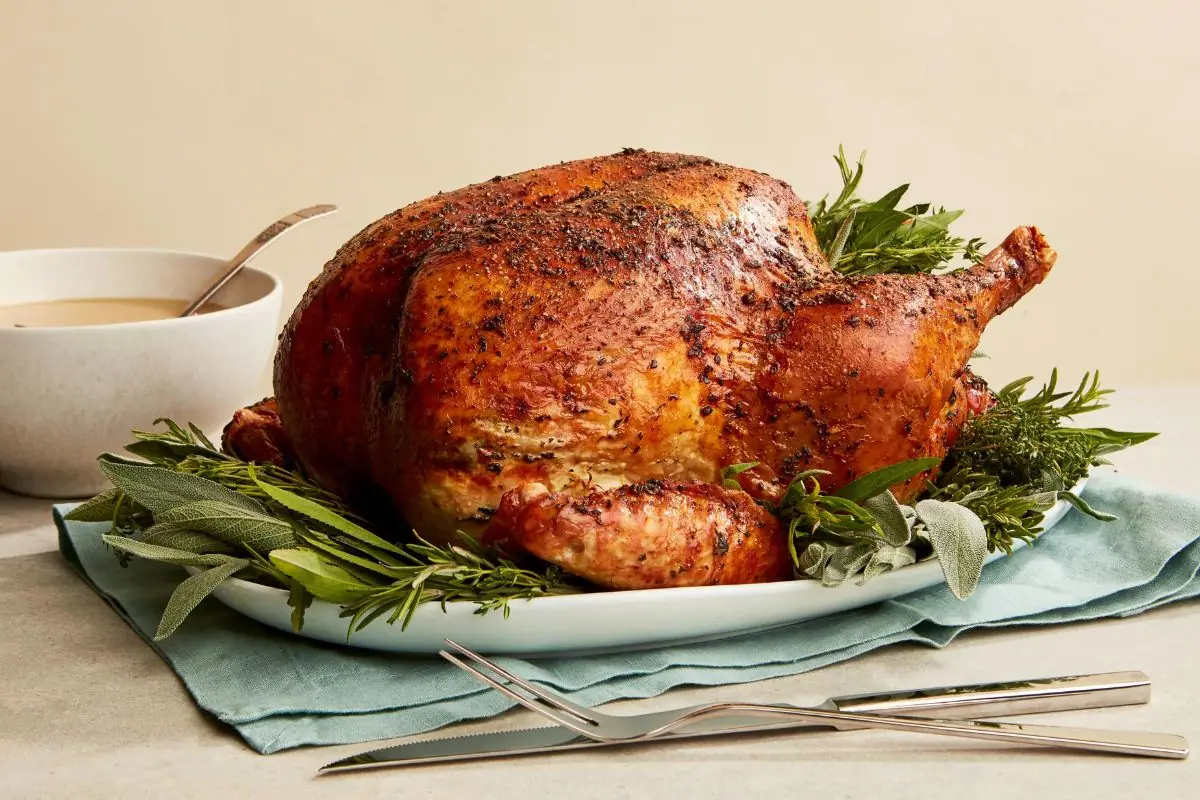
Advertisement
Broccoli
Broccoli is not only a great source of vitamins C, K, and A but also contains about 1mg of iron per cup when cooked. This cruciferous vegetable is packed with antioxidants and fiber, supporting digestive health and reducing inflammation. Broccoli can be enjoyed steamed, roasted, or stir-fried and works well in salads, side dishes, and main courses. Its high vitamin C content naturally enhances the absorption of iron when eaten with iron-rich foods, making broccoli an excellent addition to meals focused on increasing iron intake.
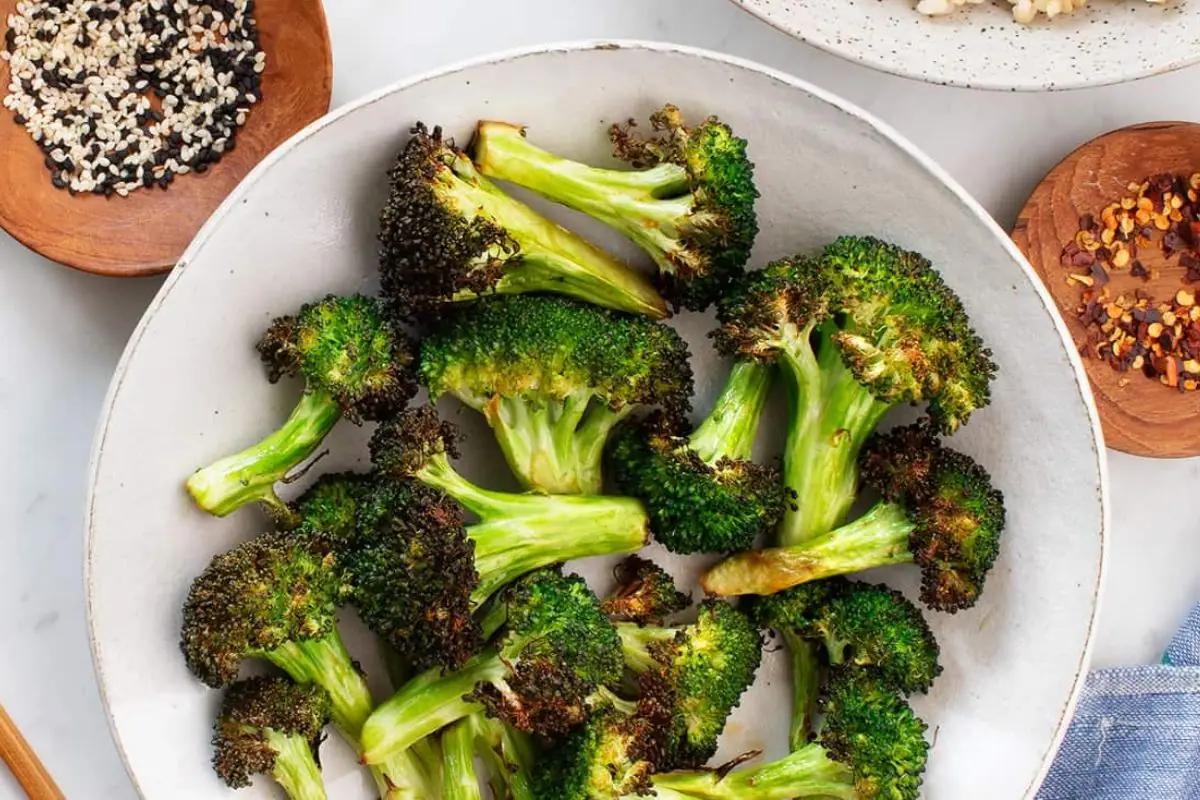
Advertisement
Chickpeas
Chickpeas, or garbanzo beans, offer 4.7mg of iron per cooked cup, making them a fantastic plant-based iron source. They are also high in protein, fiber, and several key vitamins and minerals, including folate and magnesium. Chickpeas can be used in a variety of dishes, from hummus to curries to salads, adding both nutrition and texture.
To maximize the iron absorption from chickpeas, include ingredients high in vitamin C in your dishes, such as tomatoes, spinach, or lemon juice. Their versatility and nutritional profile make chickpeas an excellent choice for anyone looking to boost their iron levels through diet.
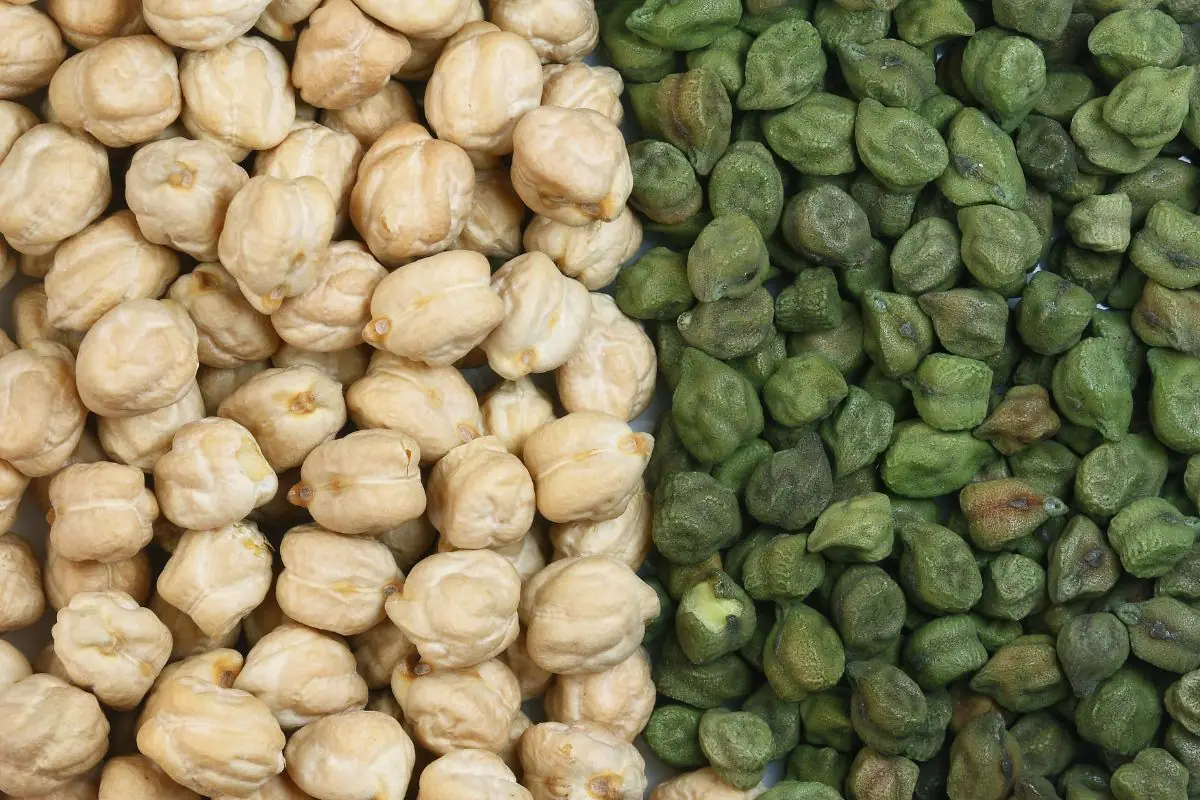
Advertisement
Salmon
Salmon is known for its omega-3 fatty acids, but it also provides a good source of iron, with a 3-ounce serving containing about 0.9mg. This fatty fish is also rich in protein, vitamin D, and B vitamins, supporting heart health, bone density, and energy metabolism. Salmon can be grilled, baked, or broiled and pairs well with a variety of seasonings and sides.
Including salmon in your diet not only helps increase your iron intake but also contributes to a balanced diet rich in essential nutrients. For an iron absorption boost, serve salmon with a side of vitamin C-rich vegetables or a citrus-based sauce.
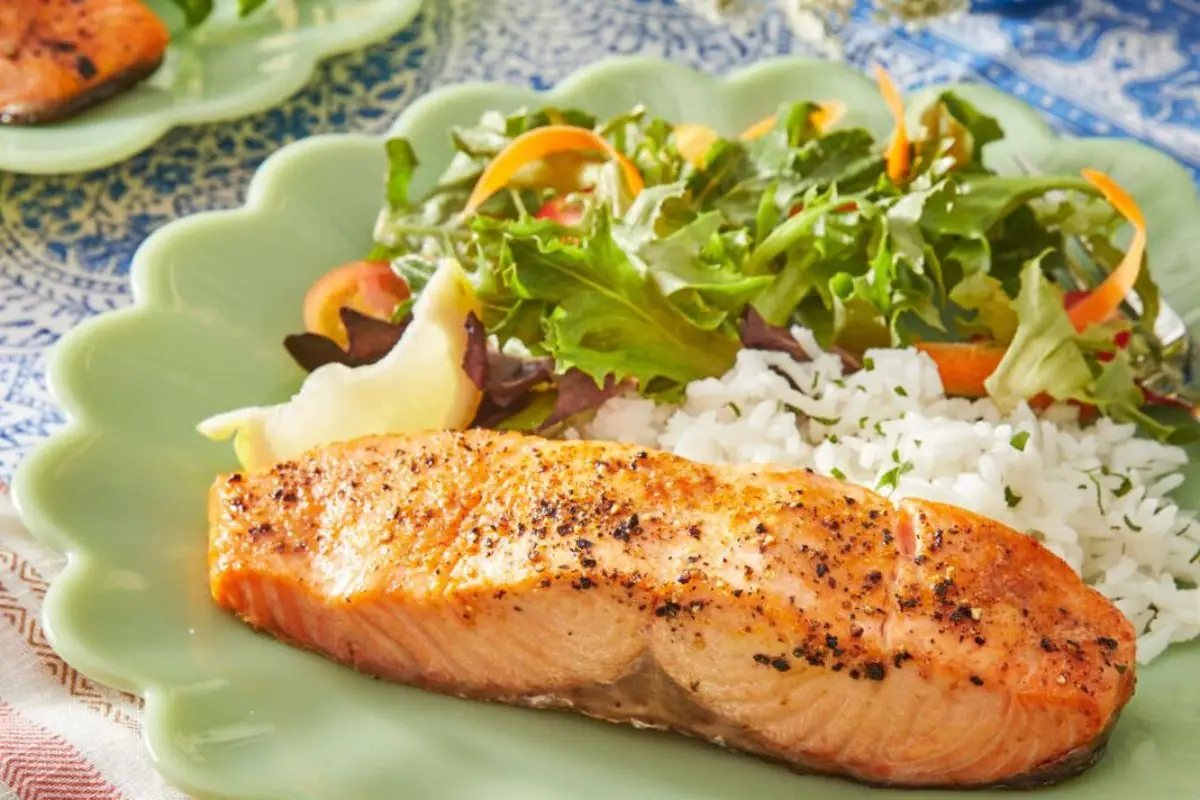
Advertisement
Peas
Peas are a sweet, nutritious addition to any meal, offering about 2.5mg of iron per cooked cup. They're also a good source of vitamin C, vitamin K, and fiber, promoting iron absorption and supporting overall health. Peas can be easily added to pasta dishes, soups, and salads, or enjoyed as a side dish on their own. Their natural sweetness and versatility make them a favorite among both adults and children. To further enhance the iron content of your meals, pair peas with other iron-rich foods, such as beef or chicken, in your recipes.
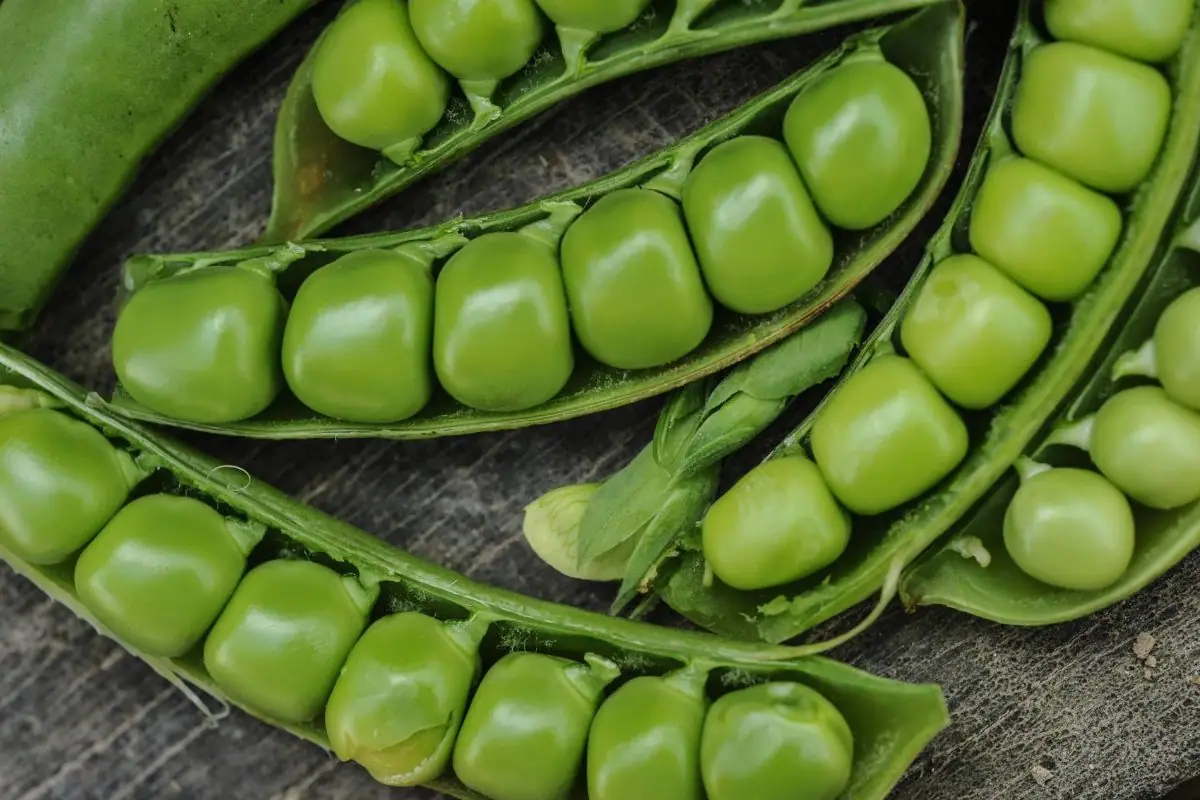
Advertisement
Almonds
Almonds are not just a tasty snack, they also provide about 1.1mg of iron per ounce. Rich in healthy fats, fiber, and protein, almonds can support heart health and help maintain a healthy weight. They're a convenient snack on their own and can also be added to salads, yogurt, or oatmeal for a nutritional boost. Almonds are particularly beneficial for vegetarians and vegans looking to increase their iron intake. To improve iron absorption, pair almonds with vitamin C-rich fruits, such as strawberries or oranges, as part of a balanced snack or meal.
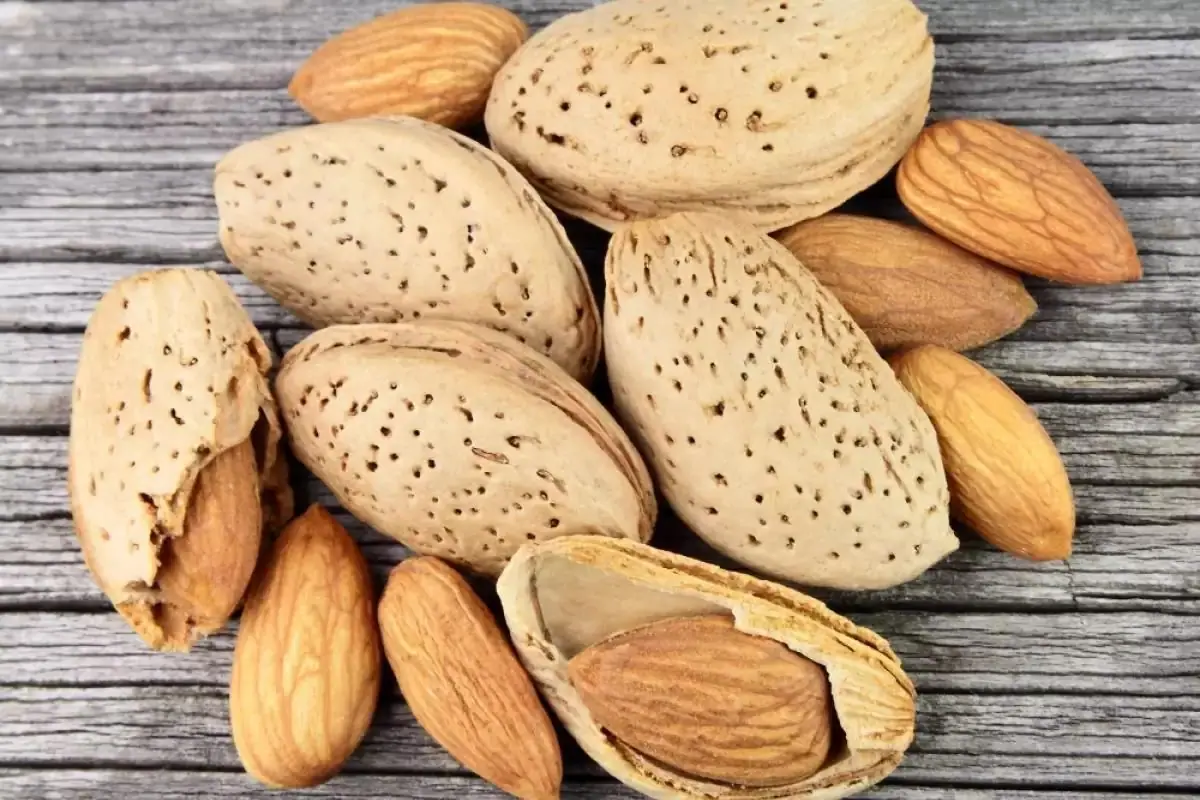
Advertisement
Sunflower Seeds
Sunflower seeds contain about 1.2mg of iron per ounce, along with vitamin E, magnesium, and healthy fats. These seeds are a great addition to a heart-healthy diet, offering antioxidants that can help reduce inflammation and protect against chronic diseases. Sunflower seeds can be sprinkled on salads, mixed into baked goods, or eaten as a snack. Their mild, nutty flavor and crunchy texture make them a versatile ingredient in both sweet and savory dishes. For an added iron boost, combine sunflower seeds with foods high in vitamin C to enhance absorption.
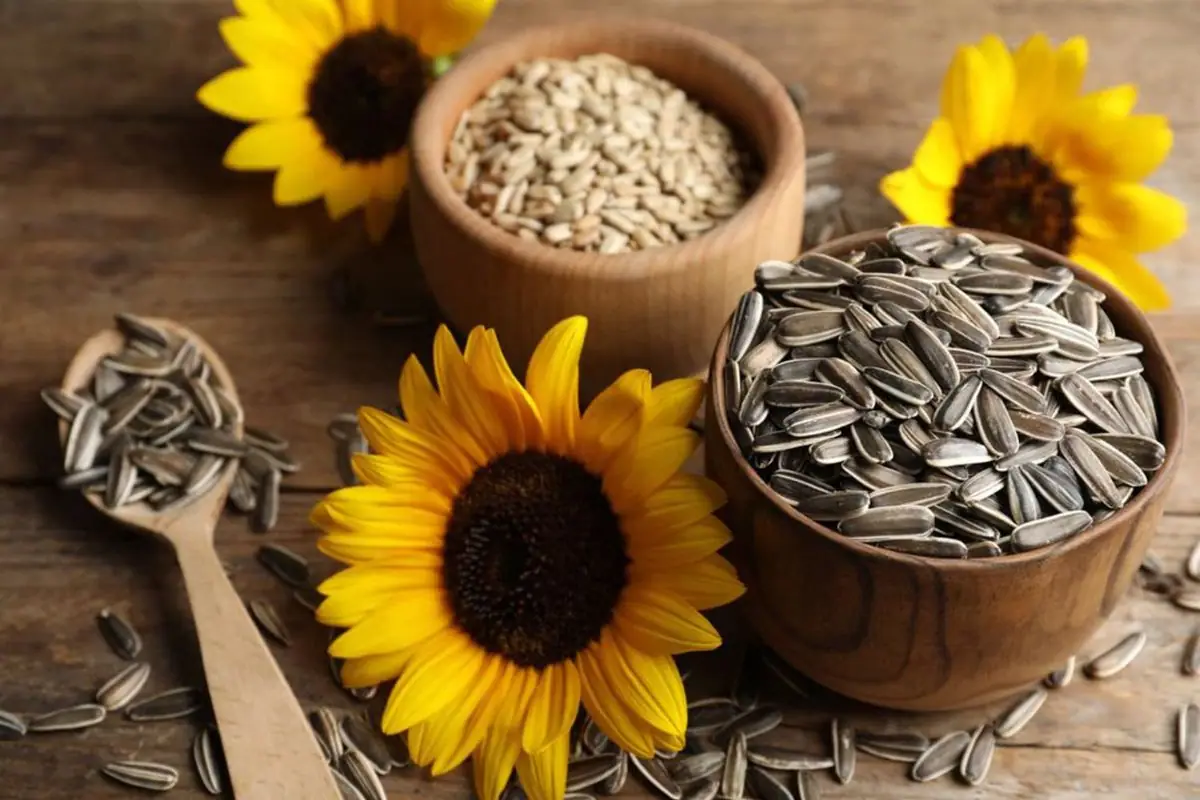
Advertisement
Sweet Potatoes
Sweet potatoes are a delicious source of iron, with one medium-sized potato providing about 0.8mg. They are also high in beta-carotene, vitamins A and C, and fiber, supporting eye health, immune function, and digestive health. Sweet potatoes can be baked, mashed, or roasted and serve as a nutritious alternative to regular potatoes. Their natural sweetness pairs well with a variety of flavors, from spicy to savory. To maximize the nutritional benefits, include sweet potatoes in meals alongside sources of vitamin C to improve iron absorption.
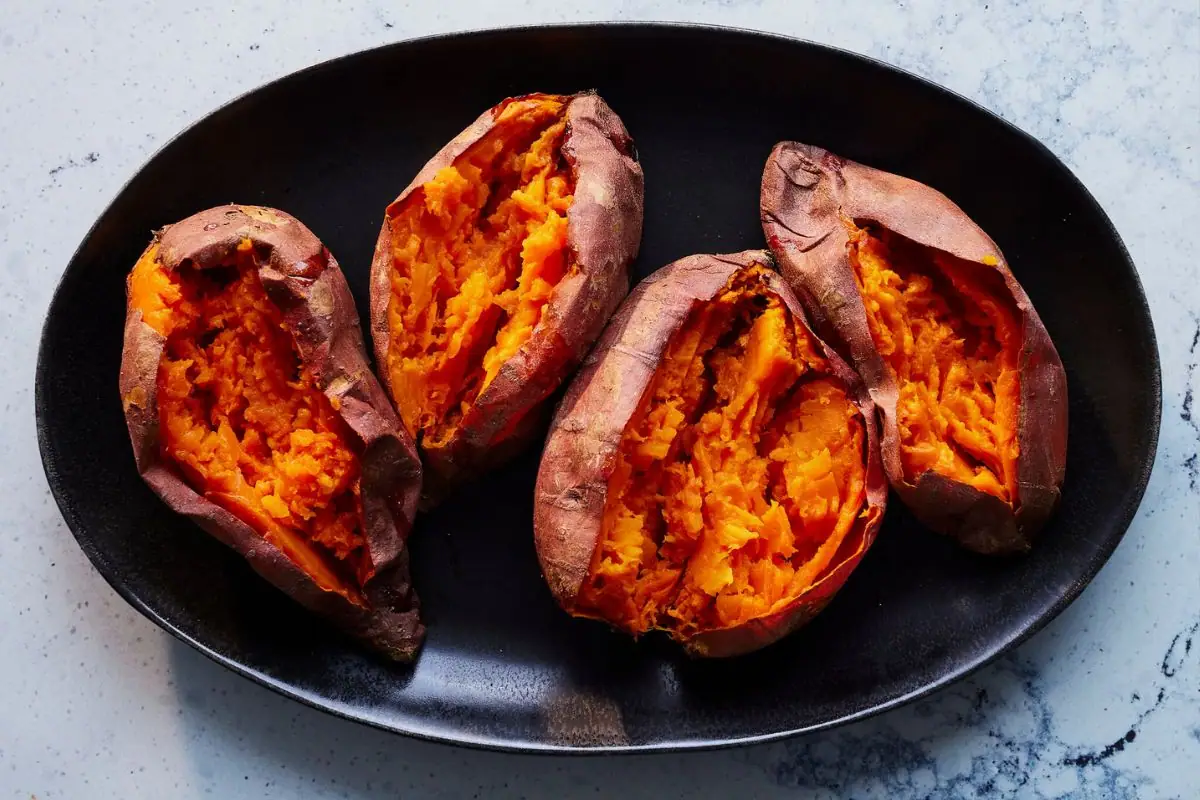
Advertisement
Eggs
Eggs are a good source of iron, with one large egg containing about 0.6mg. They are also rich in high-quality protein, vitamin D, and B vitamins, making them an essential part of a balanced diet. Eggs can be prepared in numerous ways, including boiled, scrambled, or poached, and are a versatile ingredient in baking. Including eggs in your diet can help increase your iron intake while also providing other essential nutrients. For enhanced iron absorption, pair eggs with a vitamin C-rich food, such as bell peppers or tomatoes, in dishes like omelets or frittatas.
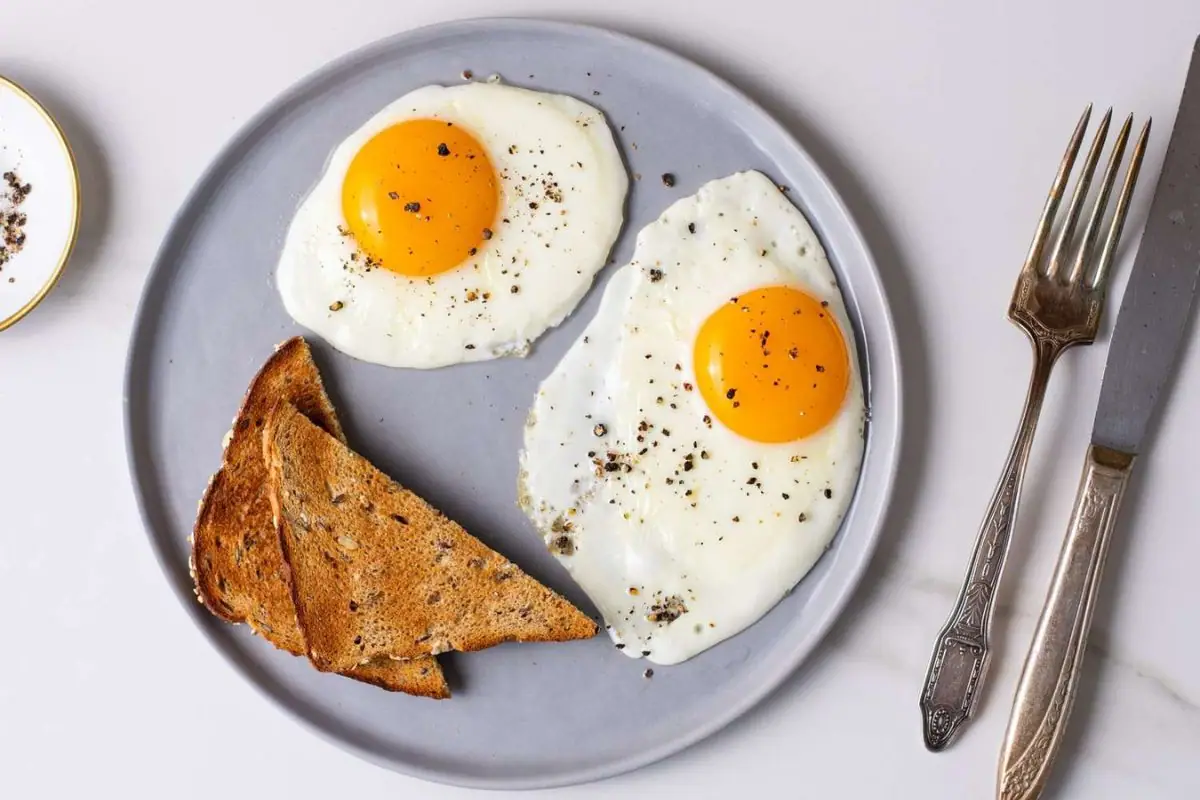
Advertisement
Cashews
Cashews are a tasty and nutritious snack, offering about 1.9mg of iron per ounce. These nuts are also a good source of magnesium, zinc, and unsaturated fats, which contribute to heart health and can help manage blood sugar levels. Cashews can be enjoyed on their own, added to stir-fries, or blended into creamy sauces as a dairy-free alternative.
Their creamy texture and rich flavor make them a popular choice in vegetarian and vegan cooking. To boost iron absorption from cashews, pair them with fruits high in vitamin C, such as oranges or kiwis, enhancing the nutritional value of your snack or meal.
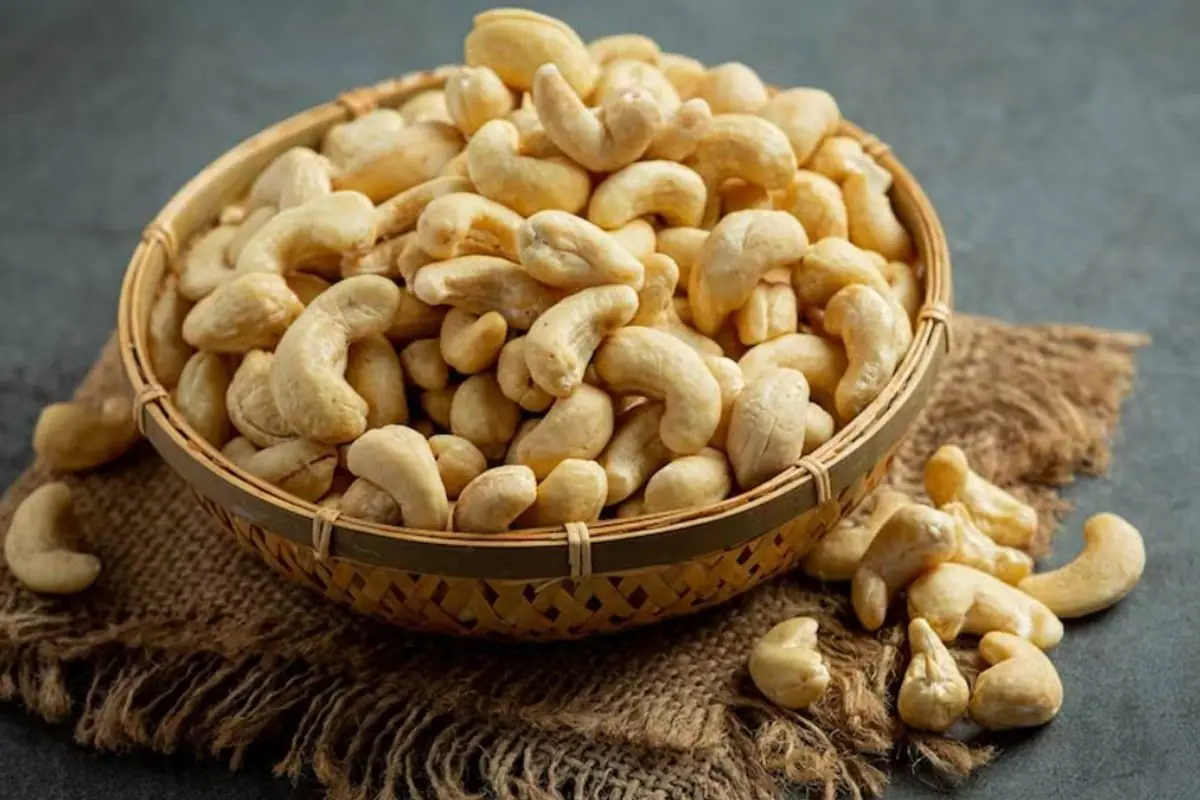
Advertisement
Bok Choy
Bok Choy, a type of Chinese cabbage, provides about 1.8mg of iron per cooked cup. It's also rich in vitamins A, C, and K, making it an excellent choice for supporting bone health, immune function, and overall well-being. Bok Choy can be sautéed, steamed, or added to soups and stir-fries, offering a crunchy texture and a mild, sweet flavor.
Including Bok Choy in your diet is a great way to increase your iron intake, especially when combined with other iron-rich foods. For optimal iron absorption, consume Bok Choy alongside foods high in vitamin C, such as bell peppers or tomatoes.
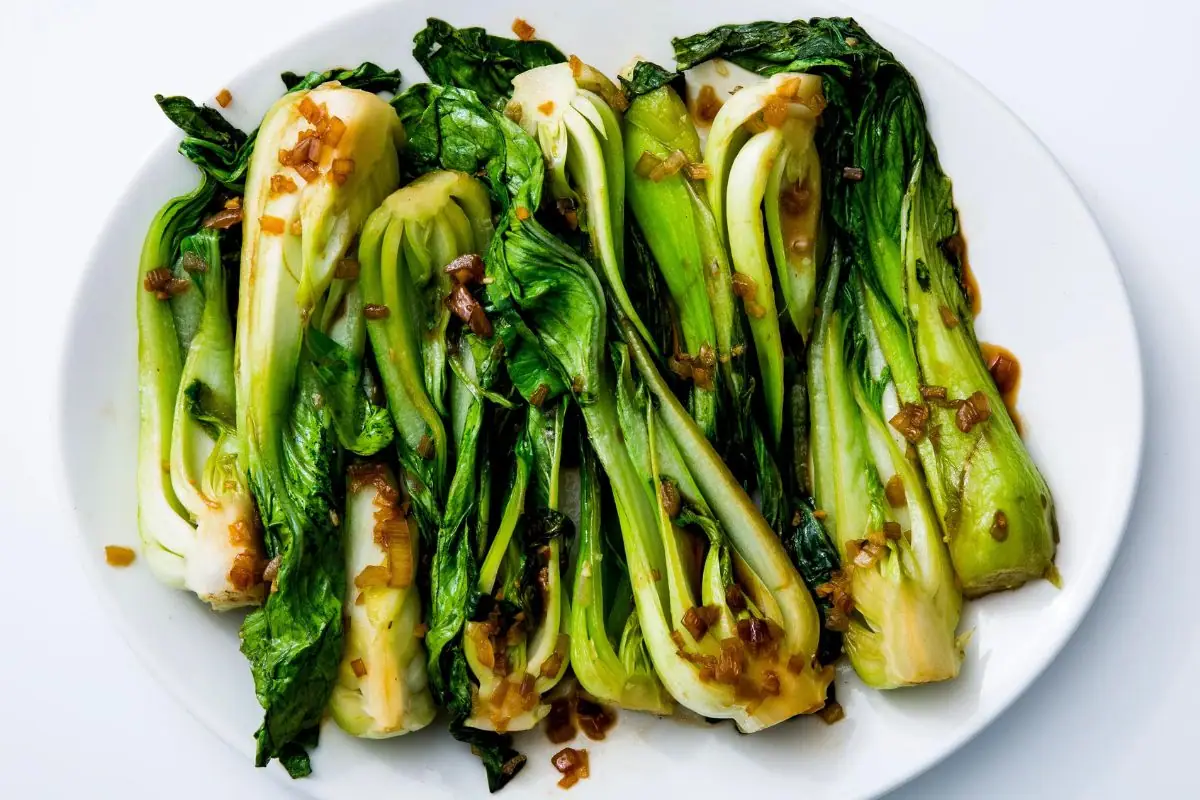
Advertisement
Swiss Chard
Swiss Chard is a leafy green vegetable that packs about 4mg of iron per cooked cup. It is also a powerhouse of vitamins A, C, and K, and antioxidants, which can help reduce inflammation and protect against chronic diseases. Swiss Chard can be cooked in various ways, including sautéing, boiling, or adding it to smoothies for a nutritional boost.
Its slightly bitter taste complements a wide range of dishes, making it a versatile ingredient in healthy cooking. To enhance the absorption of iron from Swiss Chard, pair it with vitamin C-rich foods, such as citrus fruits or bell peppers, in your meals.
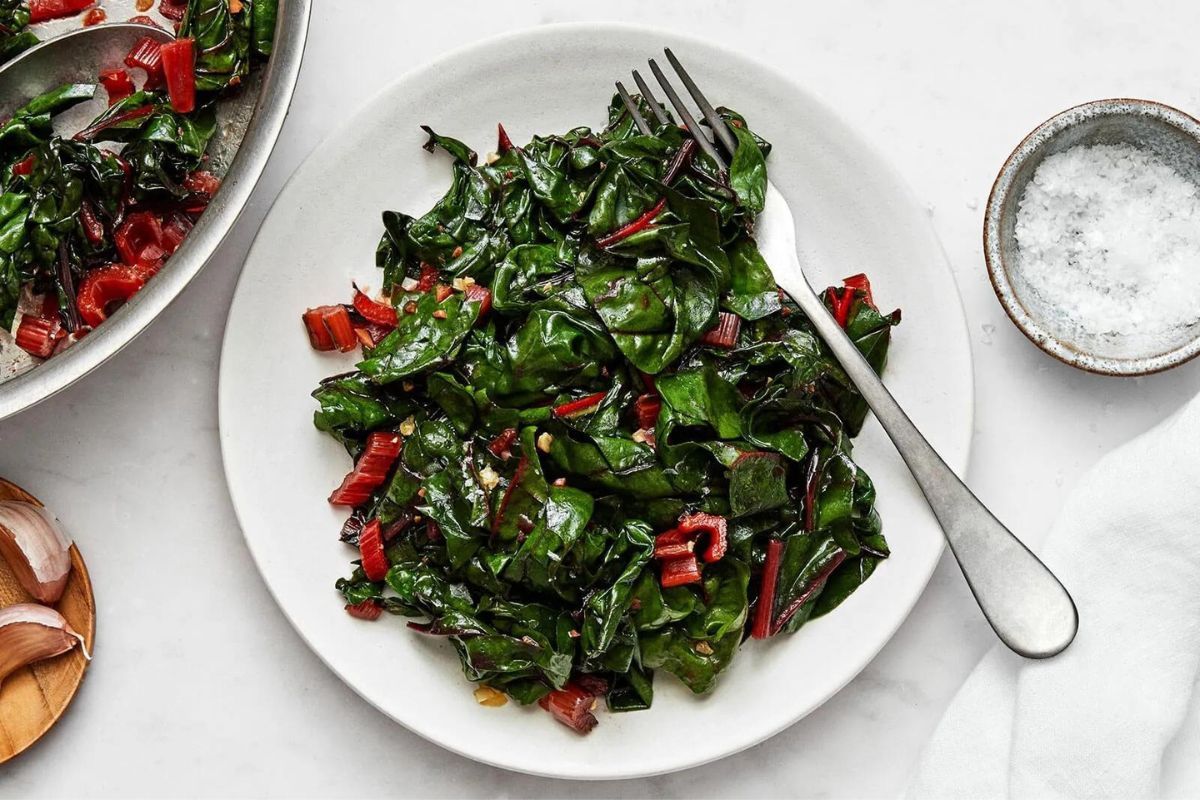
Advertisement
Black Beans
Black beans are a fantastic source of iron, providing about 3.6mg per cooked cup. They are also high in protein, fiber, and antioxidants, supporting digestive health and helping to prevent chronic diseases. Black beans can be incorporated into a variety of dishes, including soups, salads, and tacos, making them a staple in vegetarian and vegan diets.
Their rich, earthy flavor and creamy texture make them a satisfying addition to any meal. To maximize the benefits of the iron in black beans, consume them with foods that are high in vitamin C, such as tomatoes or citrus fruits, to improve iron absorption.
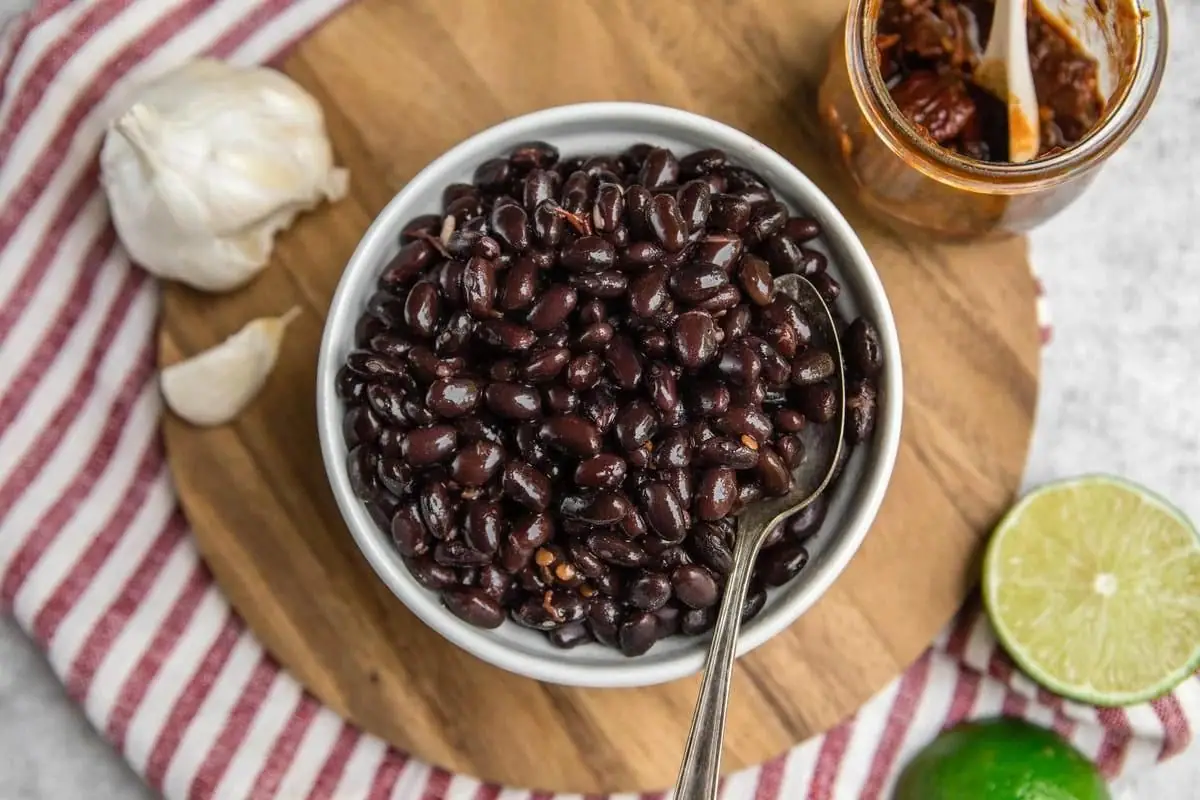
Advertisement
Sardines
Sardines, a small, oily fish, contain about 2.9mg of iron per 3.5-ounce serving. They are also rich in omega-3 fatty acids, vitamin D, and calcium, offering numerous health benefits, including improved heart health and bone strength. Sardines can be eaten grilled, baked, or straight from the can, and are a convenient way to add more iron to your diet. Their strong flavor pairs well with a variety of ingredients, such as lemon, garlic, and fresh herbs. Including sardines in your diet not only boosts your iron intake but also provides essential nutrients that support overall health.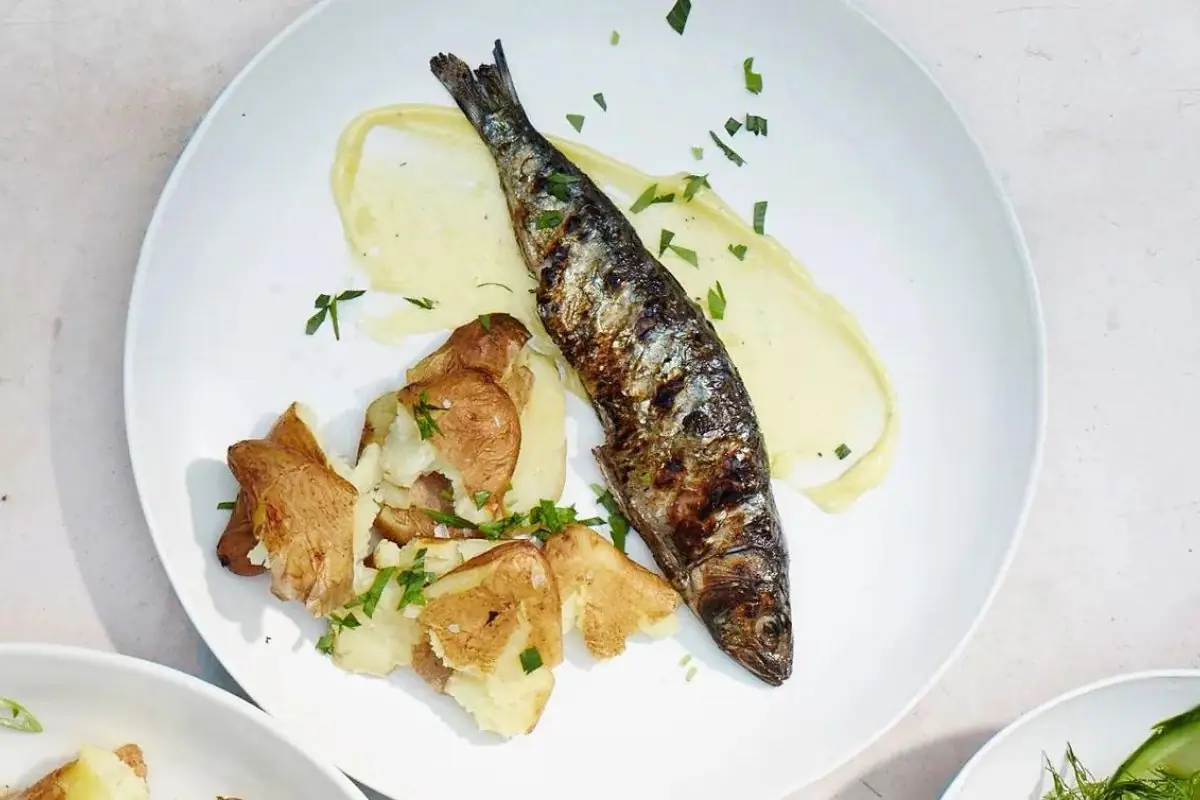
Advertisement
Raisins
Raisins are a sweet and convenient source of iron, with one-half cup offering about 1.5mg. These dried grapes are also a good source of fiber and antioxidants, promoting digestive health and reducing the risk of chronic diseases. Raisins can be enjoyed as a snack, added to oatmeal or yogurt, or used in baking to add natural sweetness to dishes.
Their versatility and nutritional profile make raisins an excellent choice for boosting iron intake, especially for those with a sweet tooth. To enhance iron absorption, pair raisins with foods high in vitamin C, such as citrus fruits or strawberries.
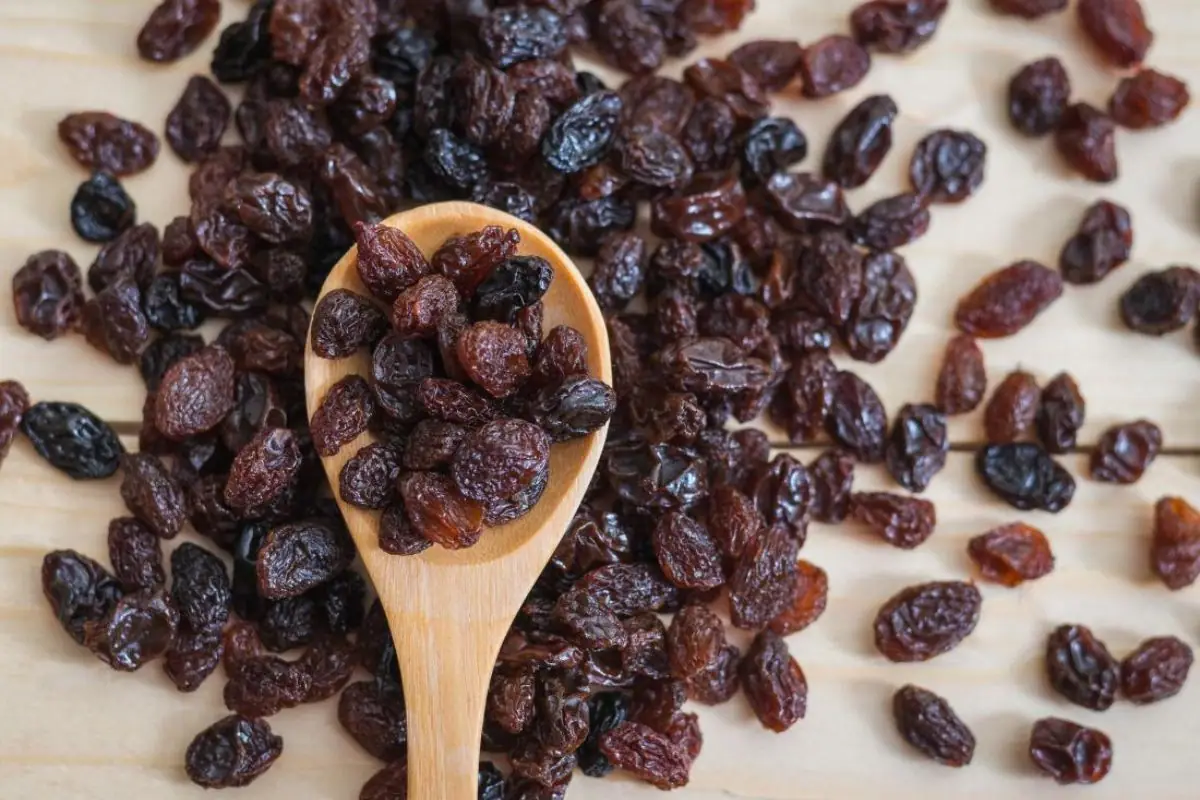
Advertisement
Apricots
Dried apricots provide a substantial amount of iron, with one-half cup containing about 2mg. They are also rich in fiber, vitamin A, and antioxidants, supporting eye health, digestive health, and reducing inflammation. Dried apricots can be eaten as a snack, chopped into salads, or used in baking, offering a sweet and tangy flavor that enhances a variety of dishes. Including dried apricots in your diet is a delicious way to increase your iron intake. For improved absorption of iron, combine apricots with vitamin C-rich foods, such as bell peppers or dark leafy greens, in your meals.
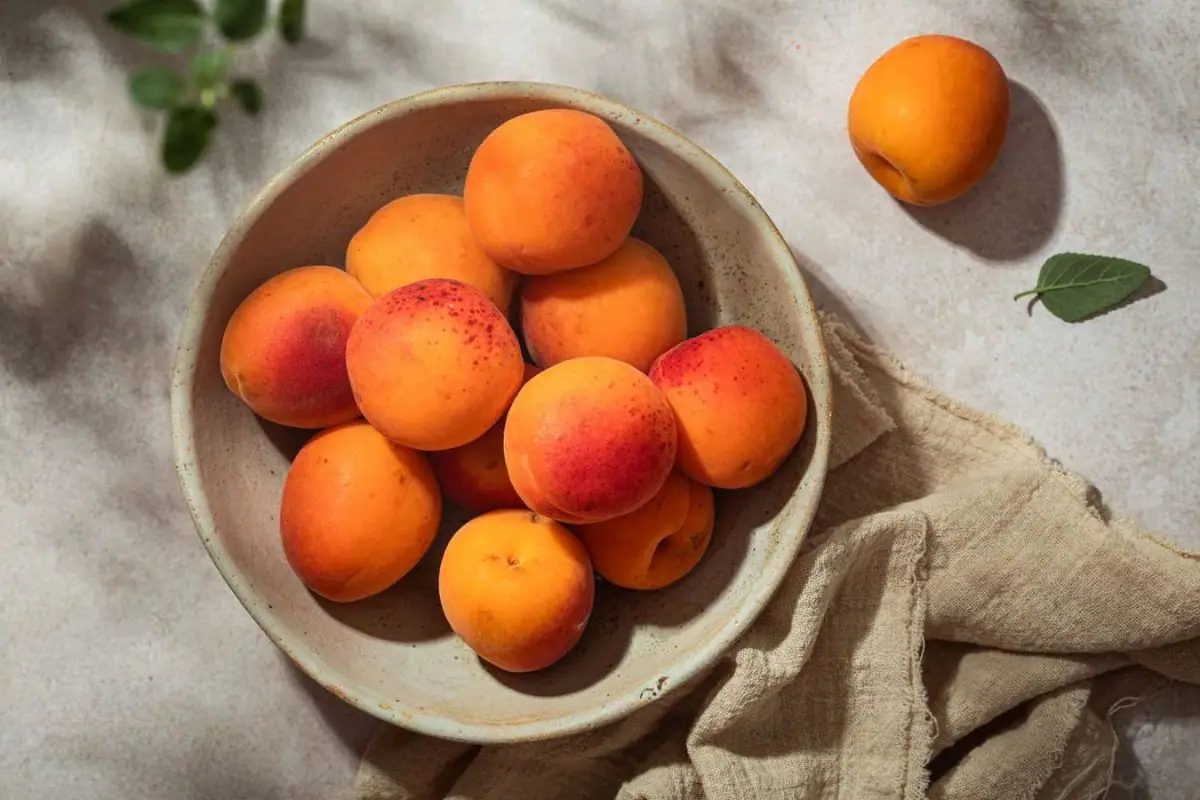
Advertisement
Whole Wheat Bread
Whole wheat bread is a good source of non-heme iron, providing about 0.9mg per slice. It is also high in fiber and B vitamins, supporting digestive health and energy metabolism. Choosing whole wheat bread over white bread can increase your intake of essential nutrients, including iron. Whole wheat bread can be used for sandwiches, toast, or as a side to soups and salads, making it a versatile staple in a balanced diet. To enhance the iron absorption from whole wheat bread, pair it with a source of vitamin C, such as a tomato slice or a squeeze of lemon juice on your sandwich.
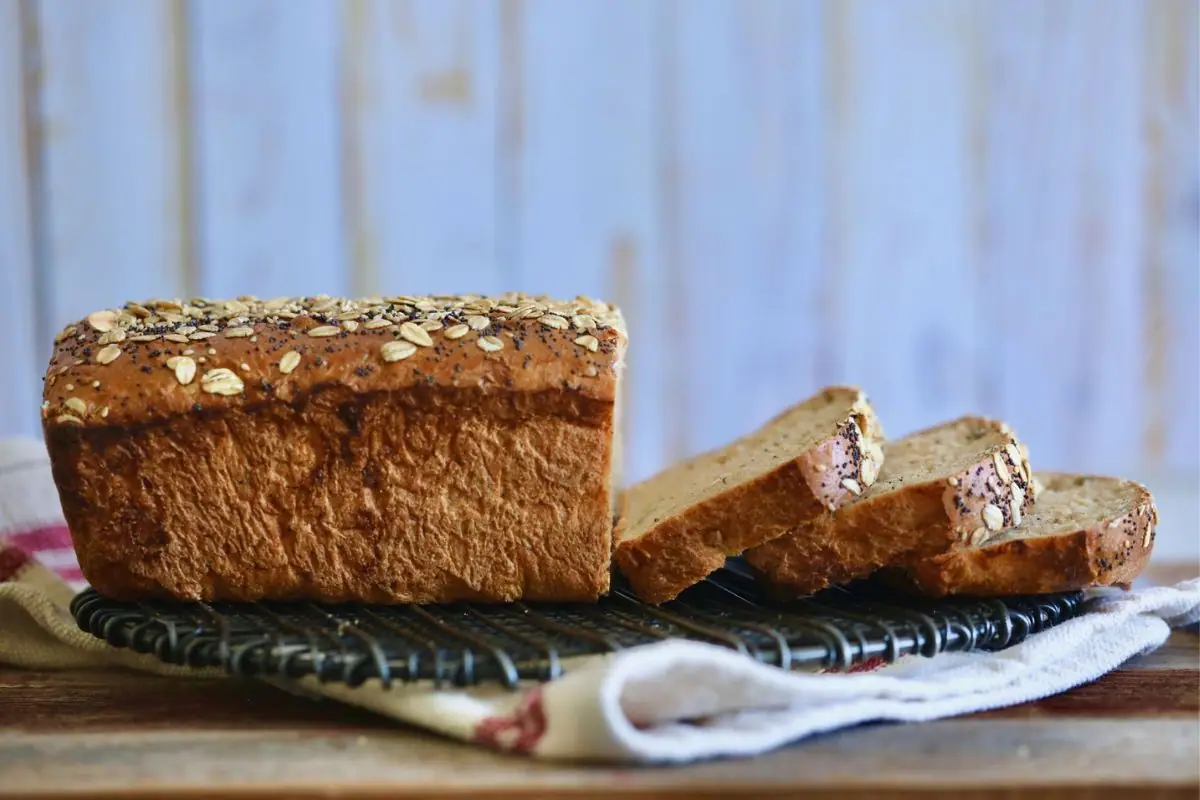
Advertisement
Soybeans
Soybeans are an excellent plant-based source of iron, offering about 8.8mg per cooked cup. They are also high in protein, fiber, and omega-3 fatty acids, making them a nutritious option for vegetarians, vegans, and meat-eaters alike. Soybeans can be enjoyed in various forms, including edamame, tofu, and soy milk, providing versatility in how they can be incorporated into meals.
Their mild flavor allows them to blend well with a wide range of dishes. To maximize the iron absorption from soybeans, consume them with vitamin C-rich foods, enhancing the nutritional value of your meal.
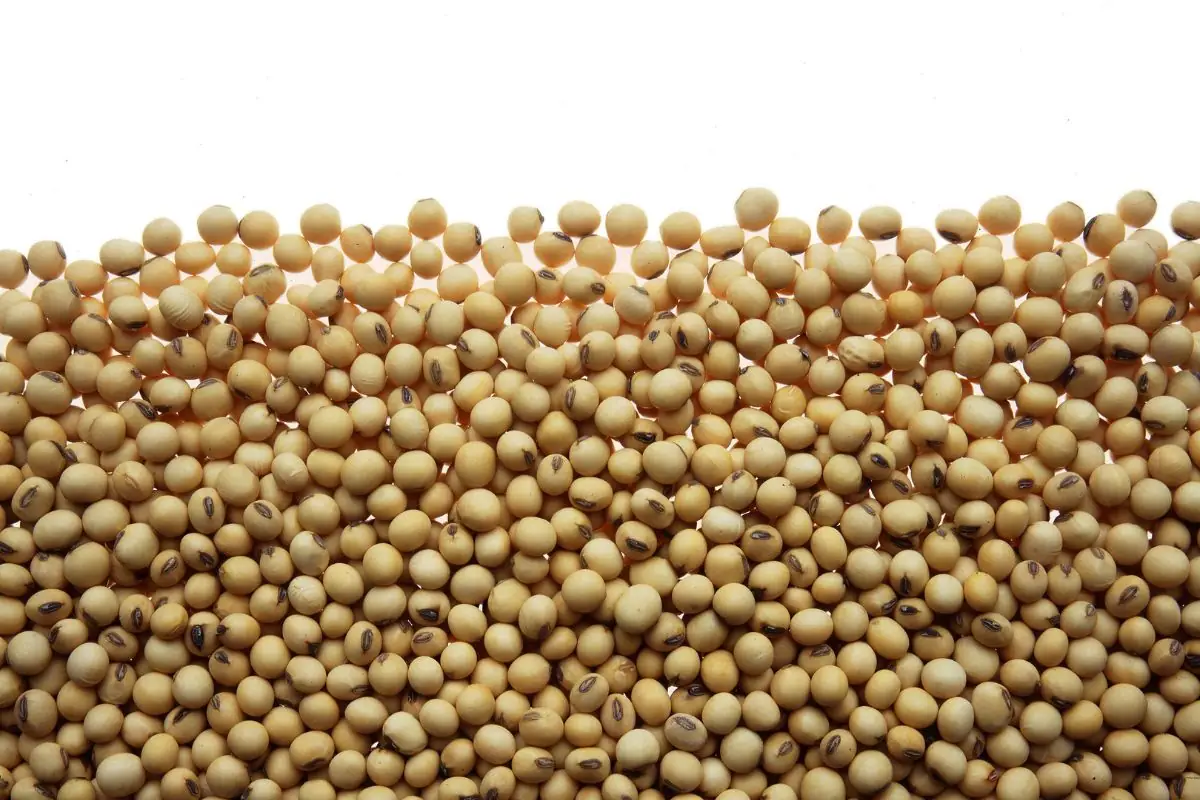
Advertisement
Kale
Kale is a nutrient-dense vegetable, offering about 1.2mg of iron per cooked cup. It is also rich in vitamins A, C, and K, calcium, and antioxidants, supporting overall health and well-being. Kale can be added to salads, smoothies, and soups, or sautéed as a side dish. Its slightly bitter taste adds depth to meals, making it a favorite among health-conscious individuals. Including kale in your diet not only boosts your iron intake but also provides a host of other essential nutrients.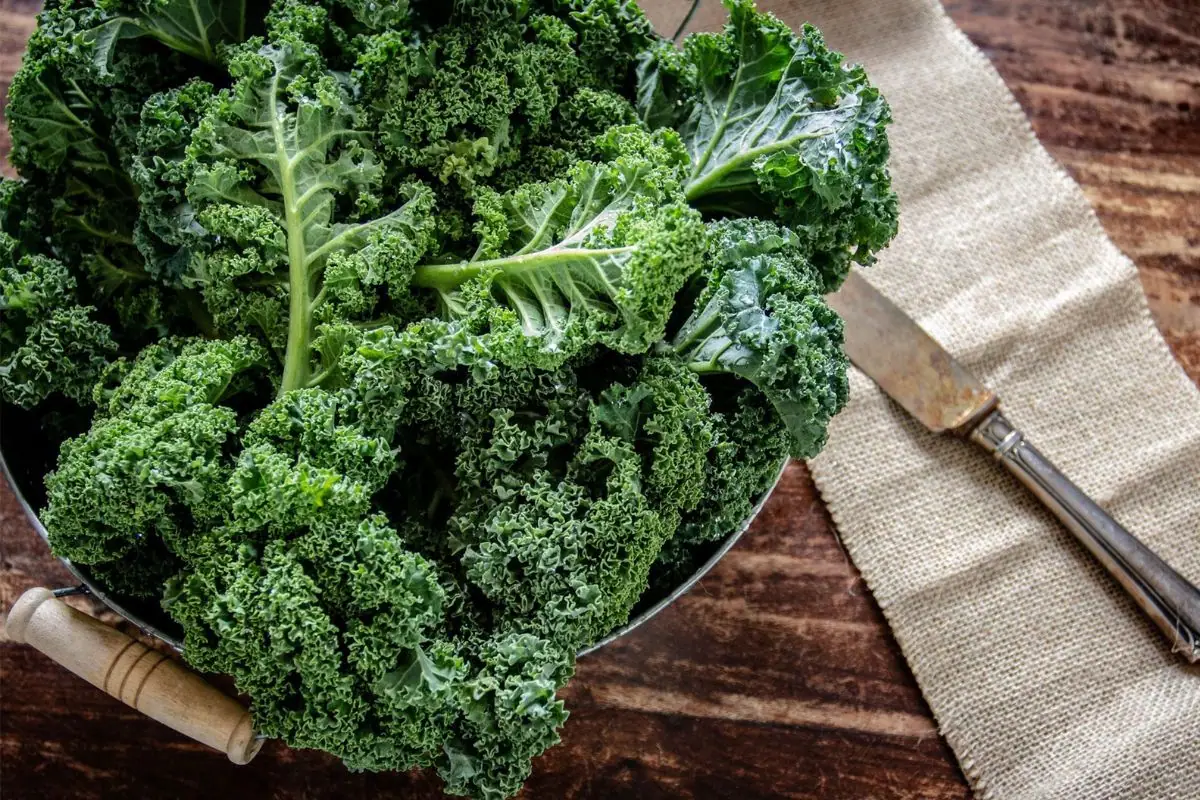
Advertisement
Prunes
Prunes, known for their digestive benefits, also offer a notable iron boost with about 0.81mg per half-cup. These dried fruits are packed with antioxidants and fiber, aiding in digestion and helping to combat oxidative stress. Incorporating prunes into your diet can be as simple as enjoying them as a snack or adding them to your morning oatmeal or baked goods. Their natural sweetness and nutritional profile make prunes an excellent choice for anyone looking to increase their iron intake while supporting overall digestive health.
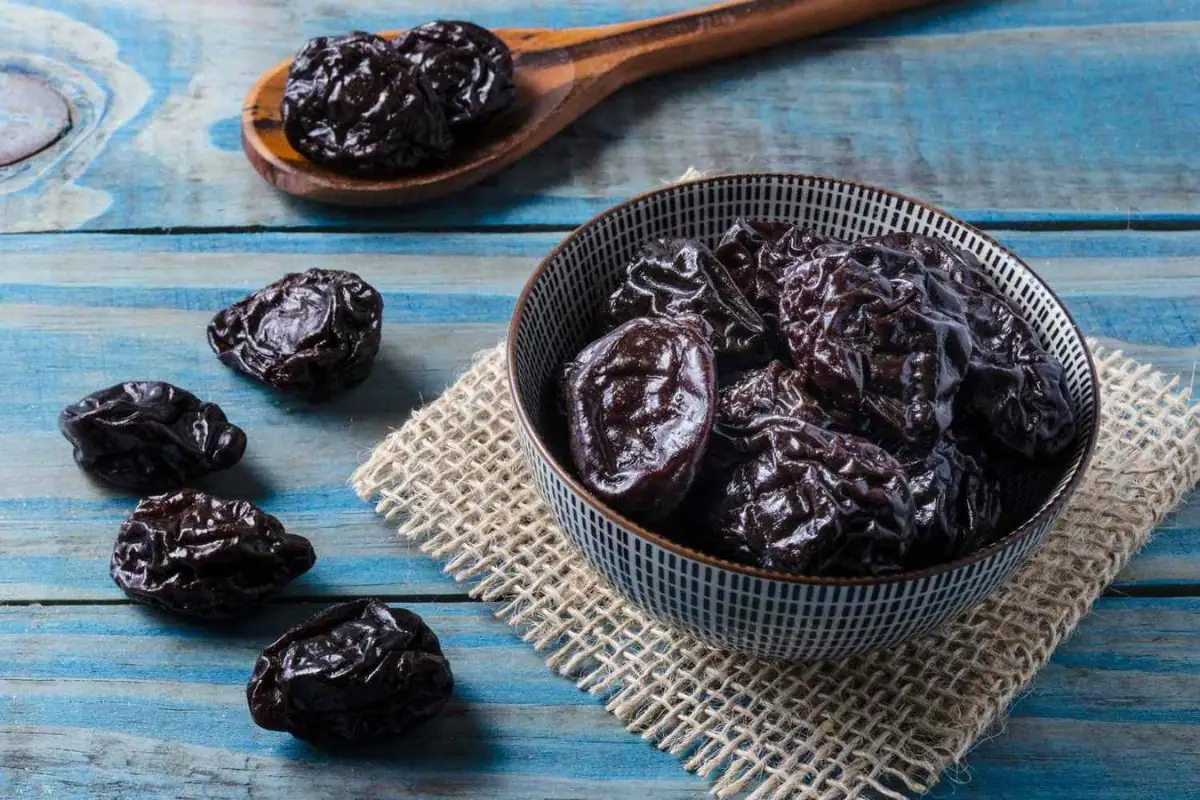
Advertisement
Beet Greens
Beet greens, often overlooked in favor of the beetroot, are a hidden nutritional powerhouse, providing approximately 2.7mg of iron per cooked cup. They are also rich in vitamins A, C, and K, enhancing eye health, immune function, and bone strength. Cooking beet greens with garlic and olive oil not only makes for a flavorful side dish but also ensures you're getting a healthy dose of iron. Their nutritional richness supports your body's needs while adding variety to your meals.
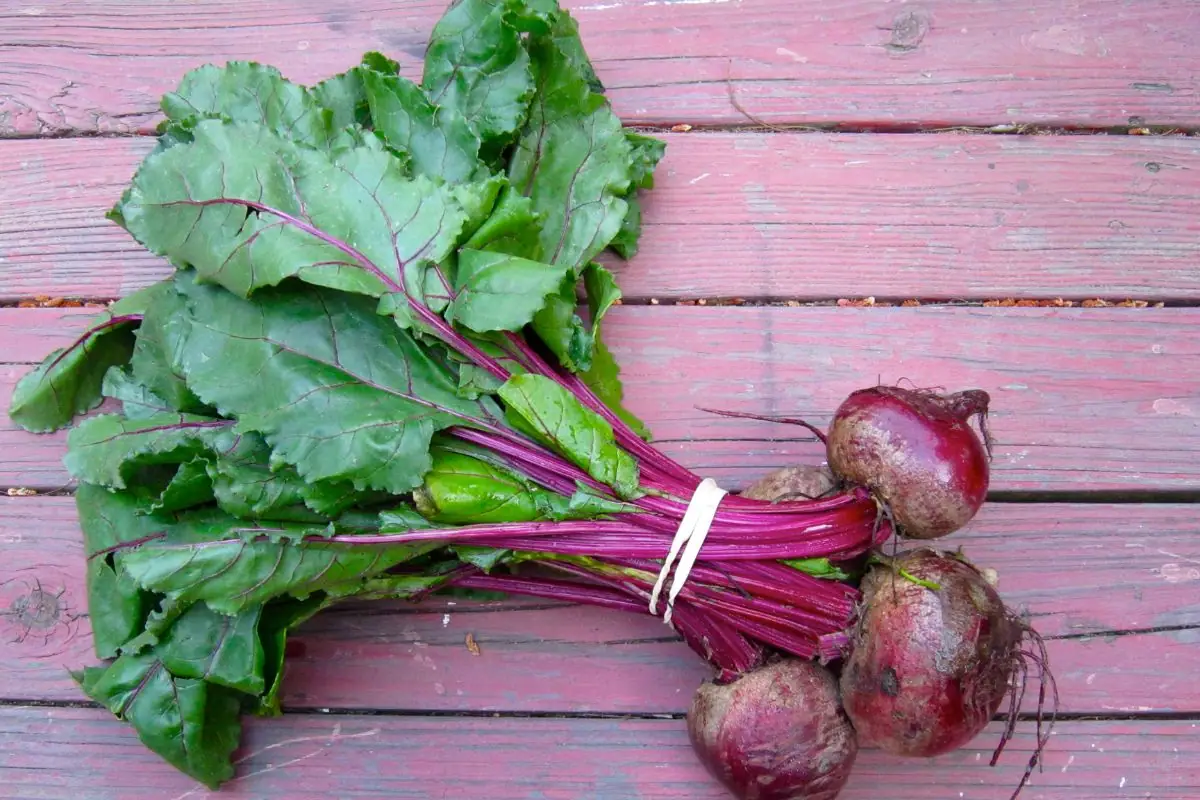
Advertisement
Molasses
Molasses is a sweetener that stands out for its nutritional benefits, offering about 3.5mg of iron per tablespoon. It's also a good source of calcium and magnesium, essential for bone health and energy metabolism. Incorporating molasses into your diet can be as easy as using it as a sweetener in baking, adding it to marinades, or glazing vegetables. Its rich flavor and iron content make molasses a smart choice for those looking to sweeten their dishes while boosting their iron intake.
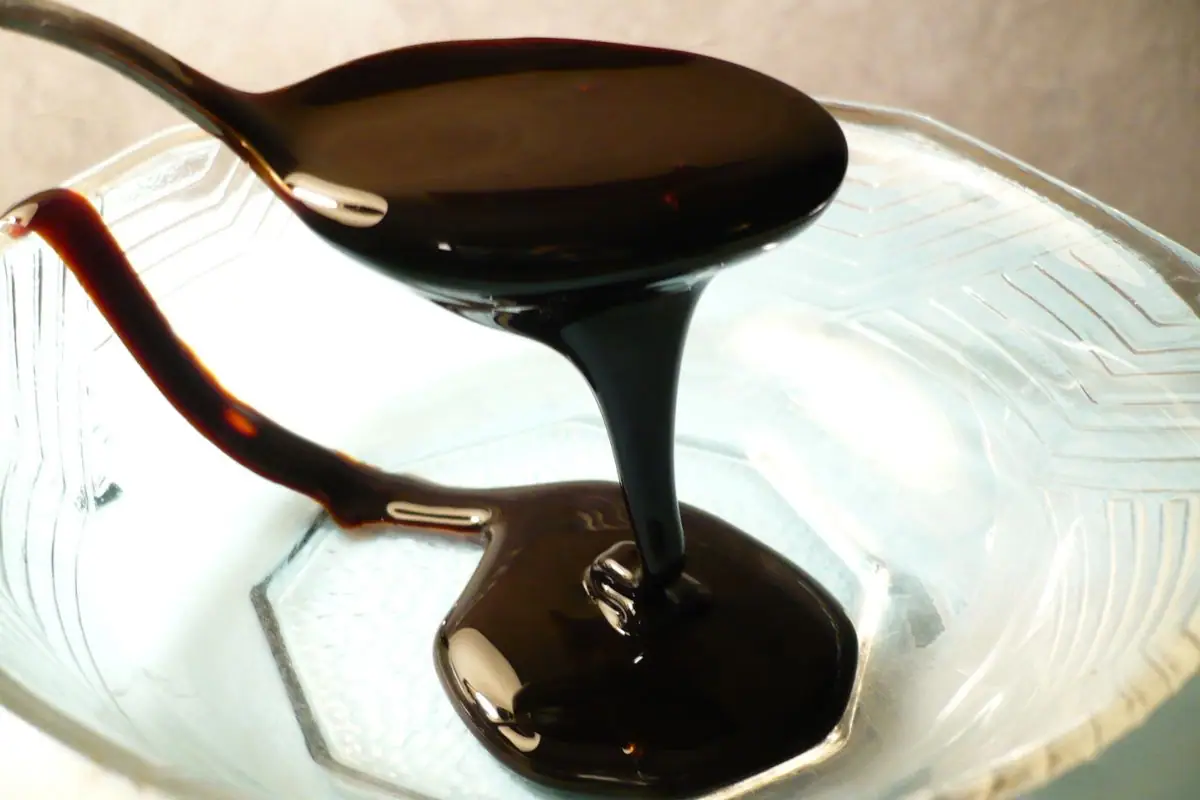
Advertisement
Clams
Clams are a seafood favorite that packs a significant iron punch, with three ounces of canned clams containing about 23.8mg. Beyond iron, clams are an excellent protein and vitamin B12 source, vital for energy and neurological health. Incorporating clams into your diet through pasta dishes, soups, or simply steamed with herbs can provide a delicious and effective way to boost your iron levels. Their high iron content makes clams an ideal choice for anyone looking to increase their intake through dietary sources.
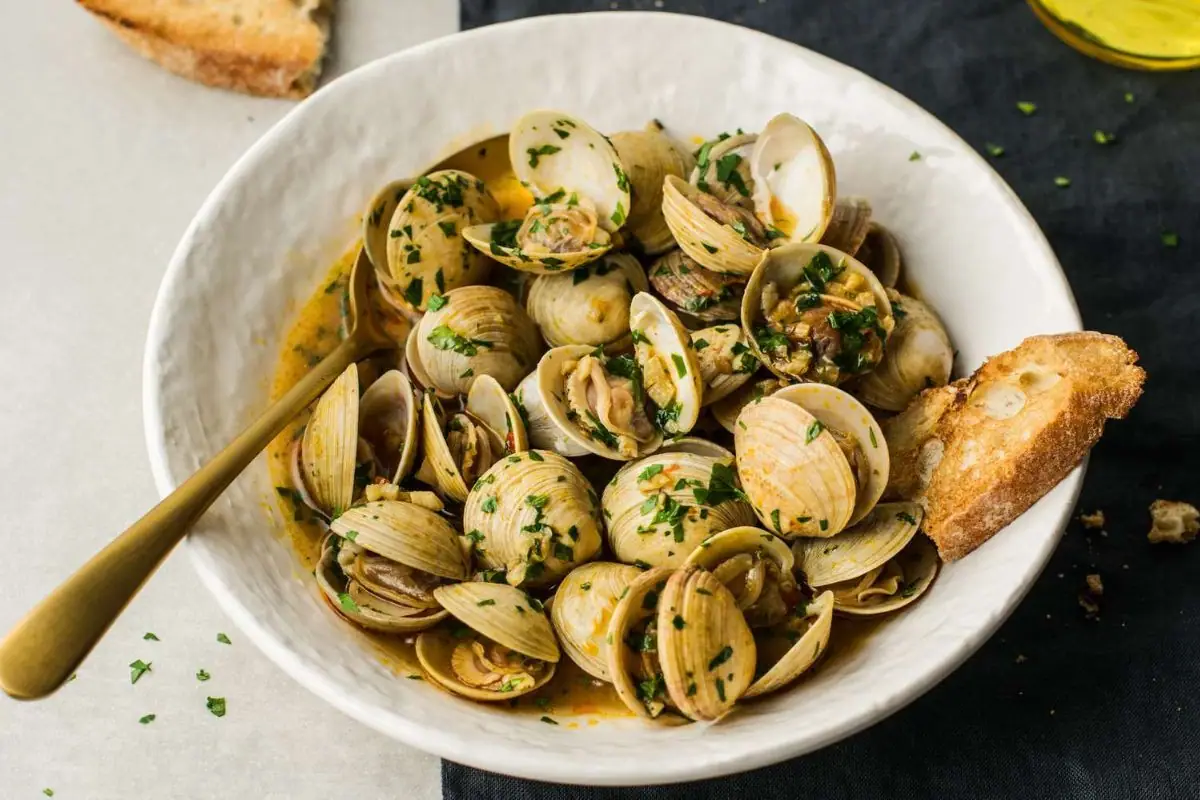
Advertisement
Mussels
Mussels offer a delicious way to consume more iron, with a 3-ounce serving providing about 5.7mg. These shellfish are also rich in omega-3 fatty acids and essential vitamins, promoting heart health and immune function. Cooking mussels in a simple broth of white wine and garlic not only enhances their flavor but also turns them into a nutrient-dense meal that can help meet your daily iron requirements. Mussels' combination of flavor, nutrition, and iron content makes them a standout choice for a healthy diet.
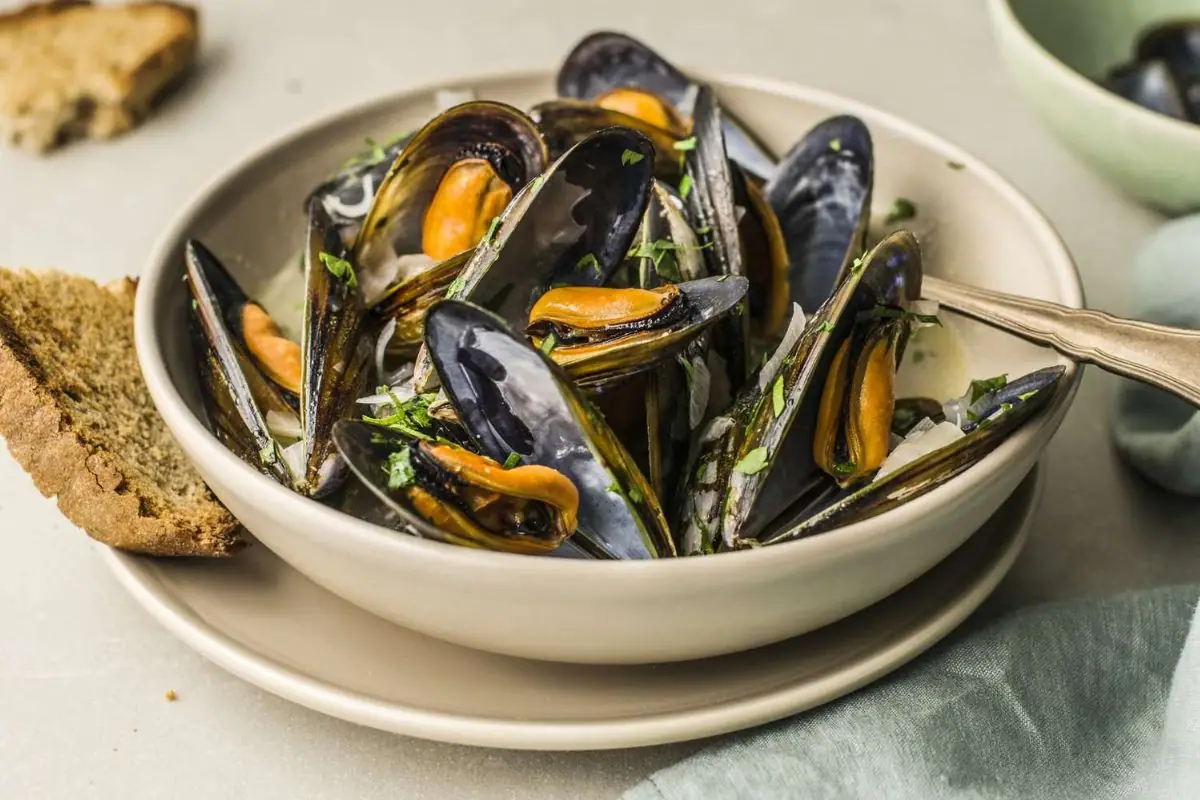
.png)




